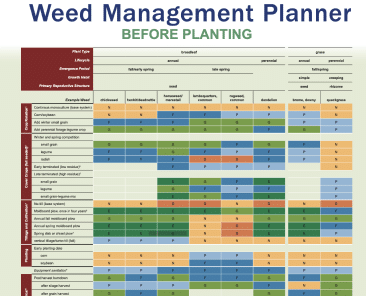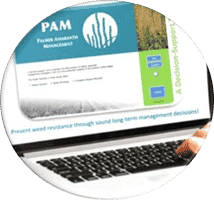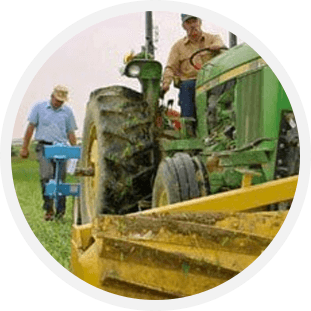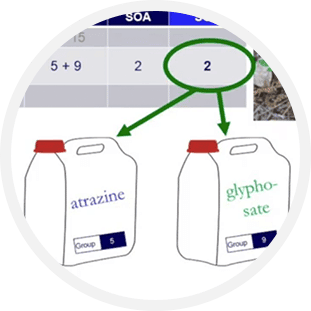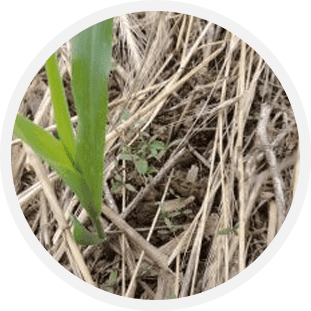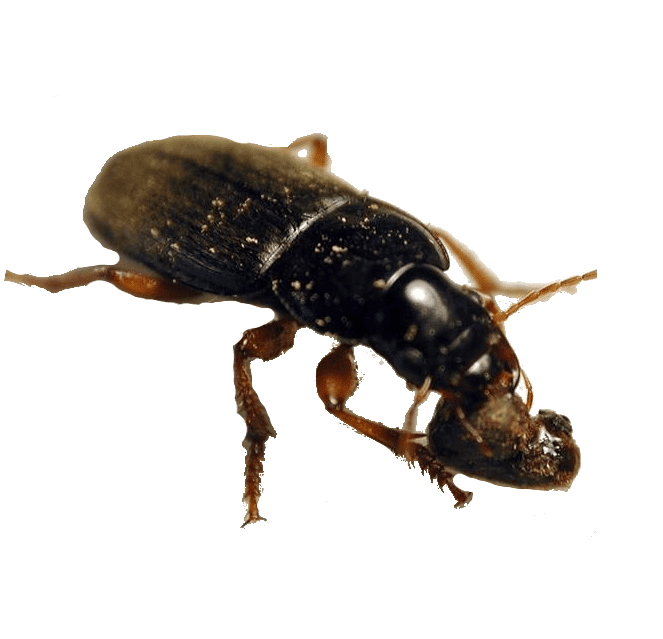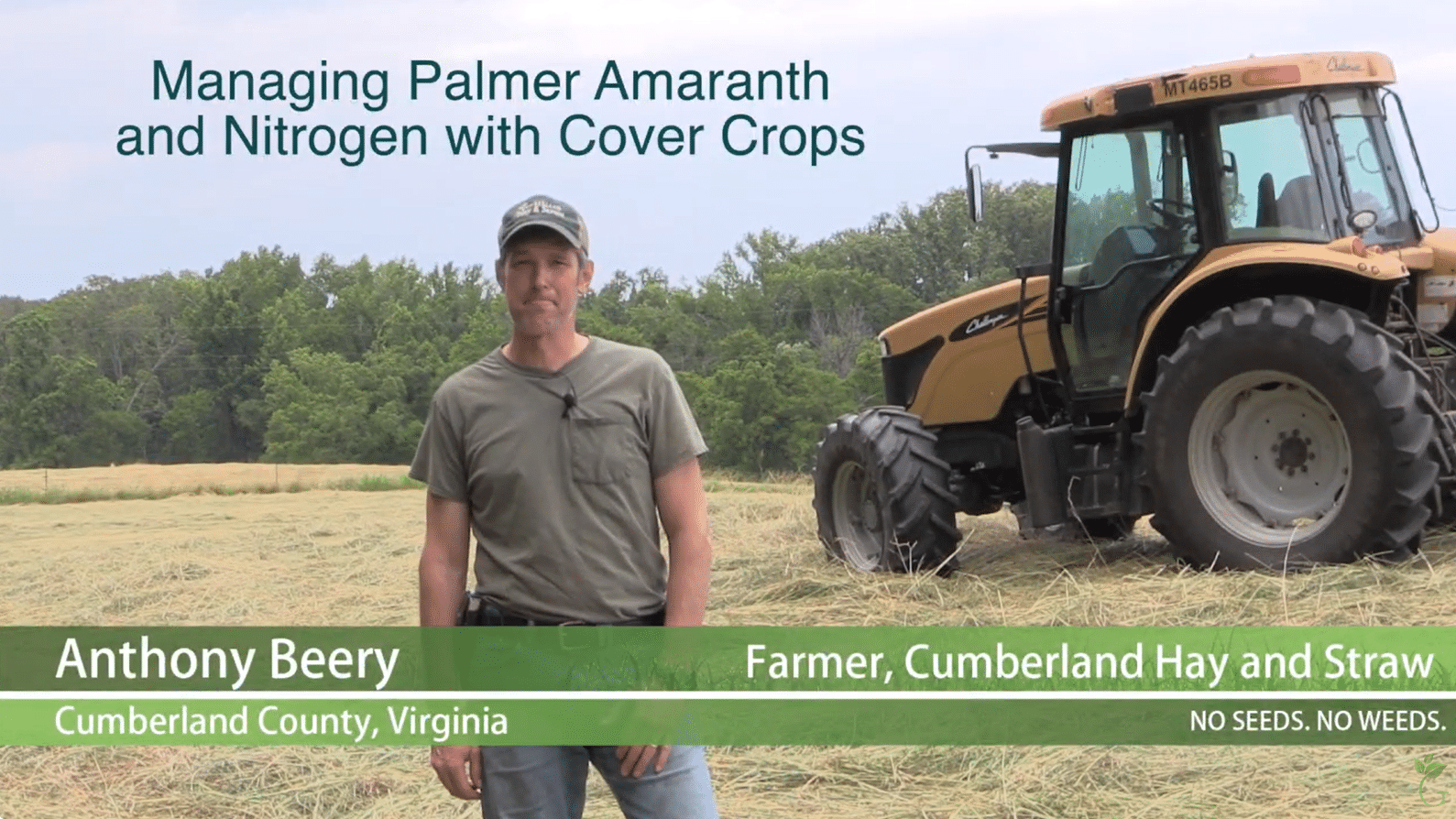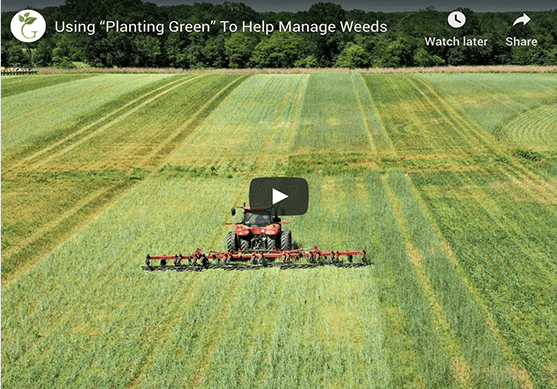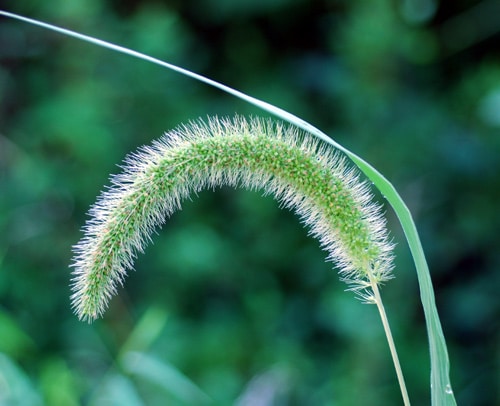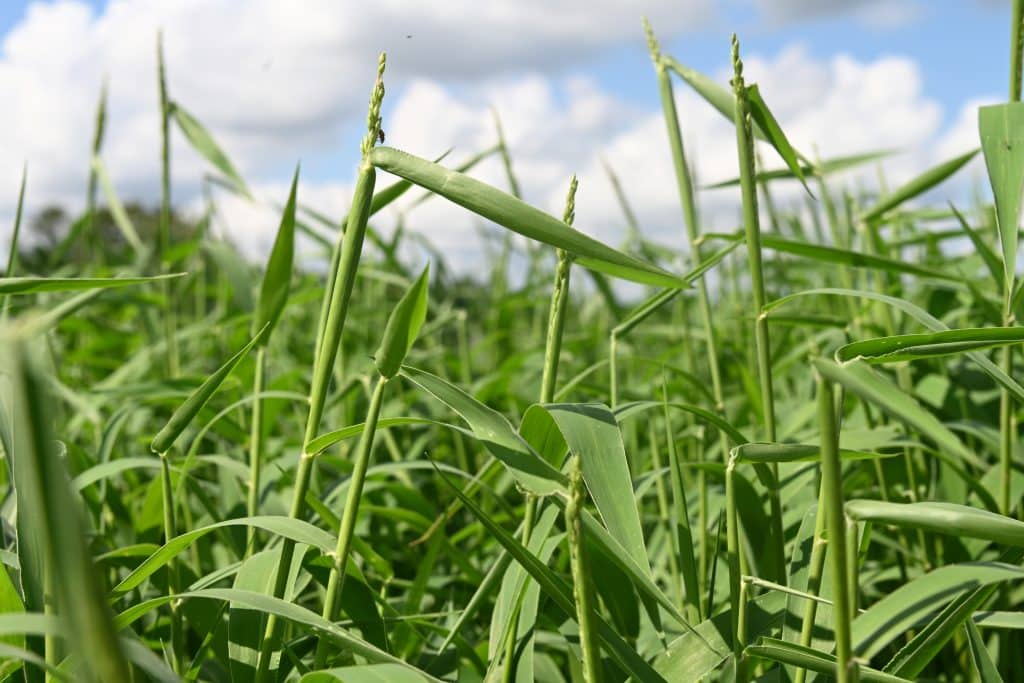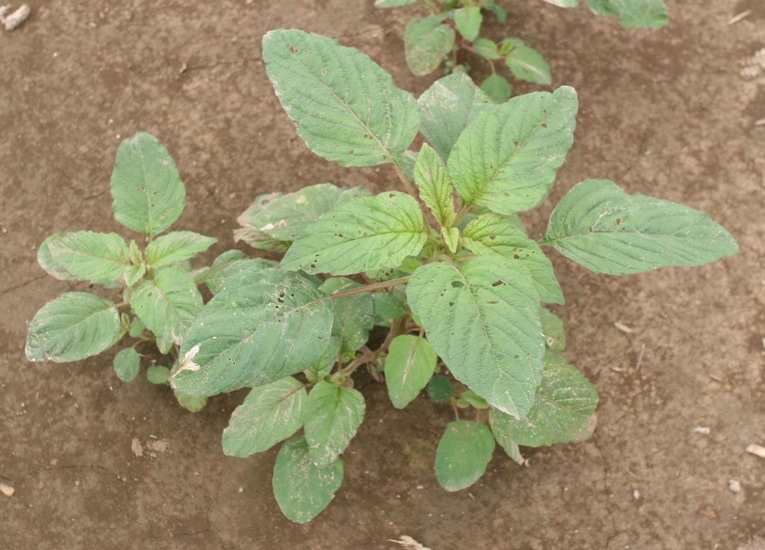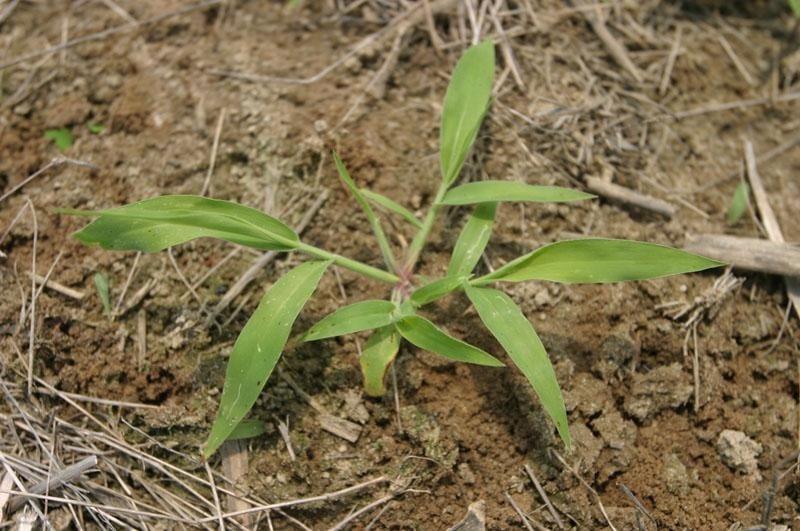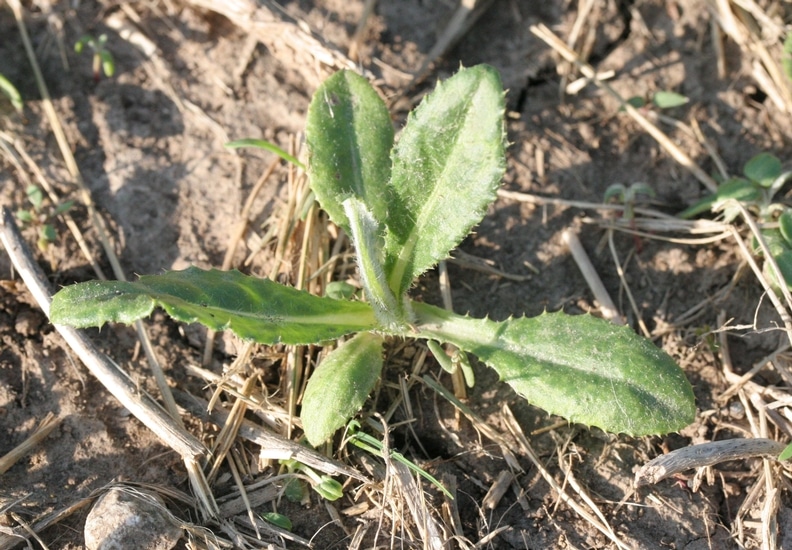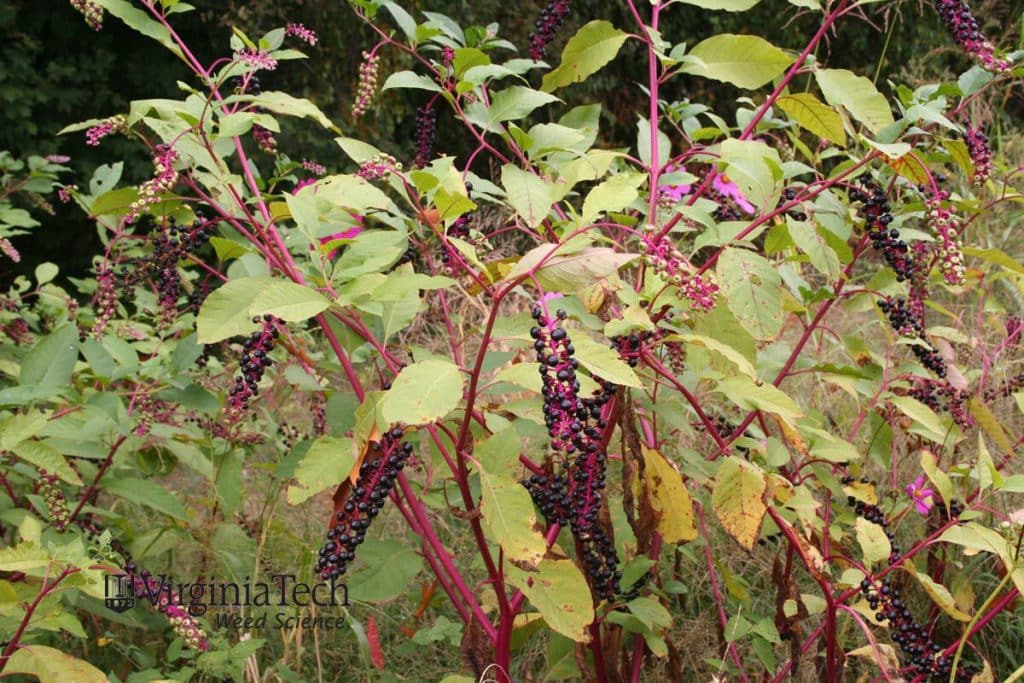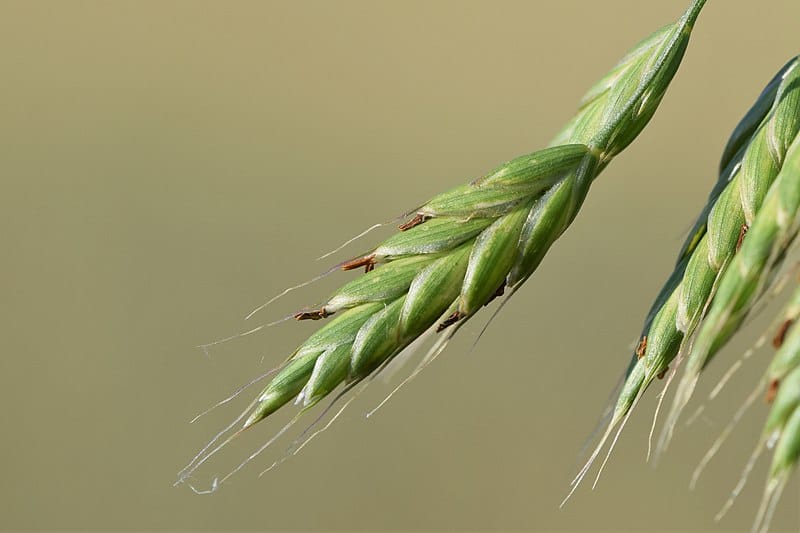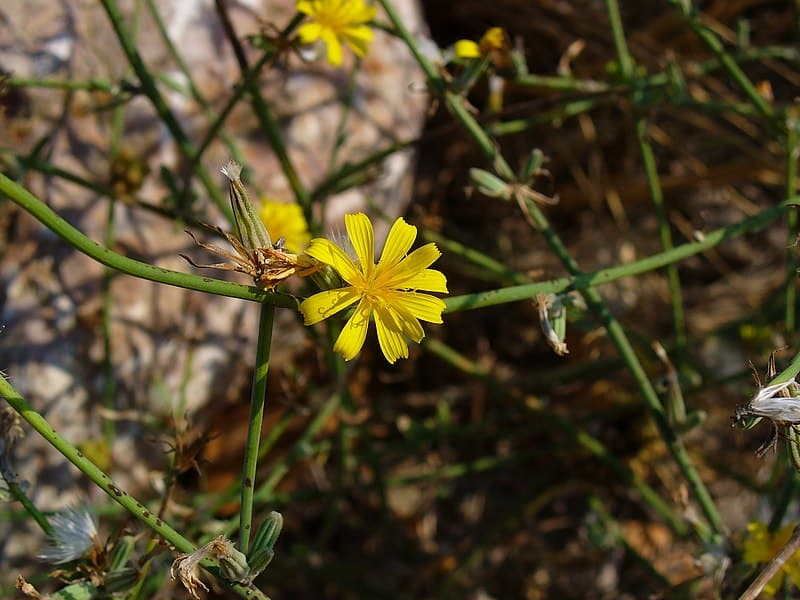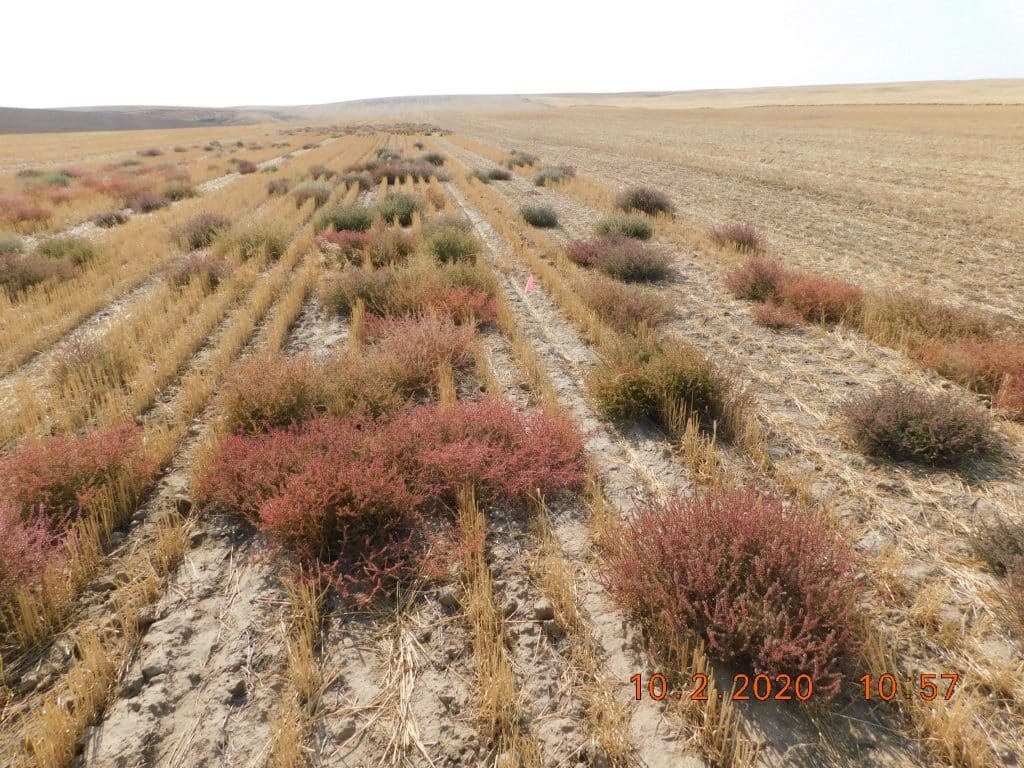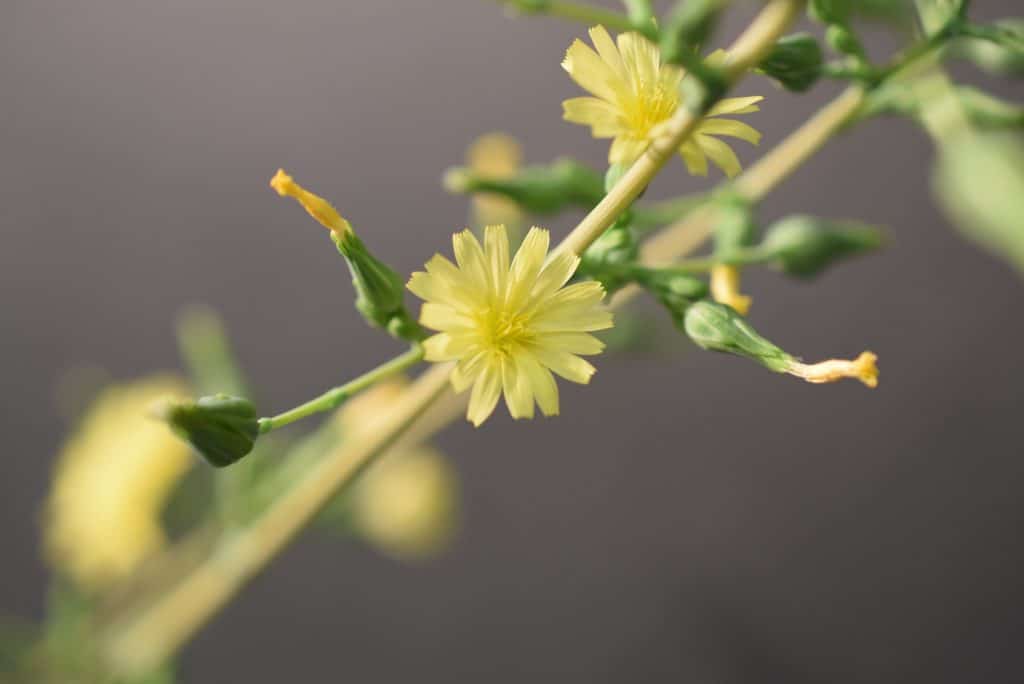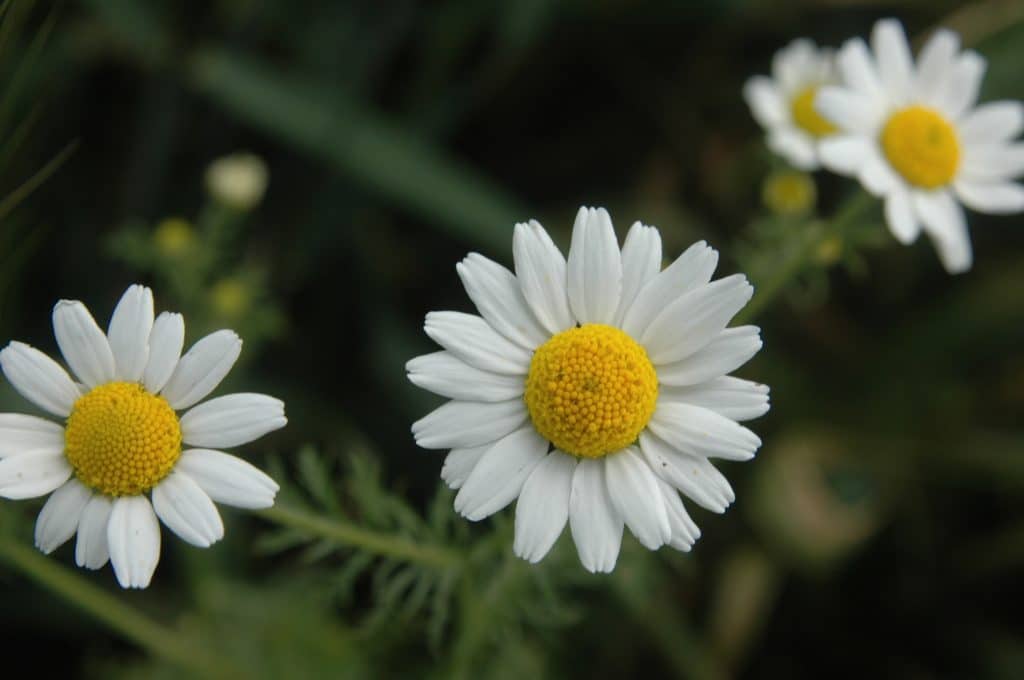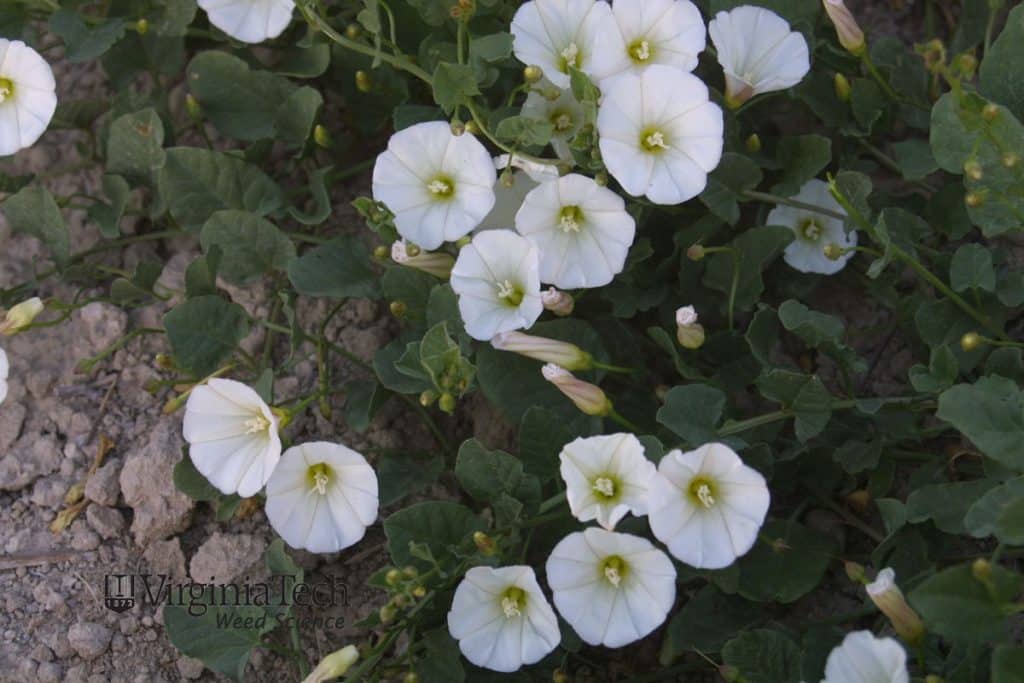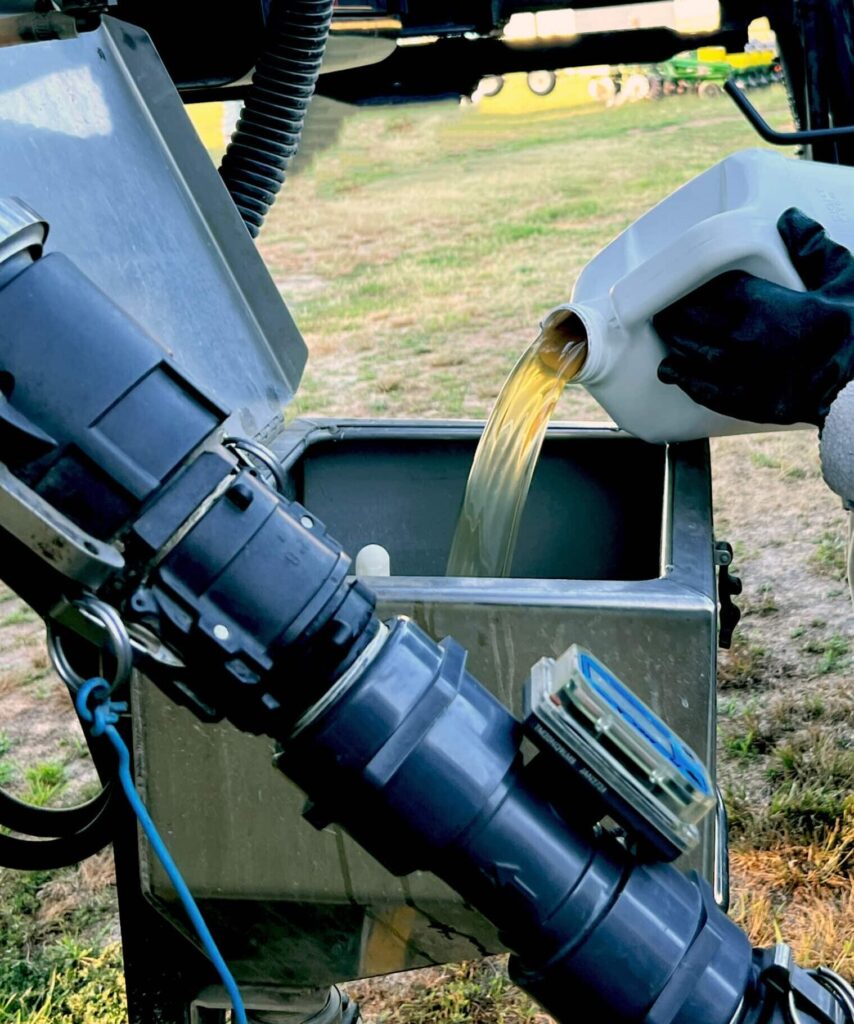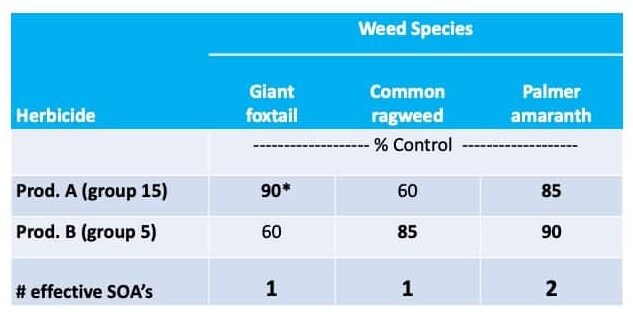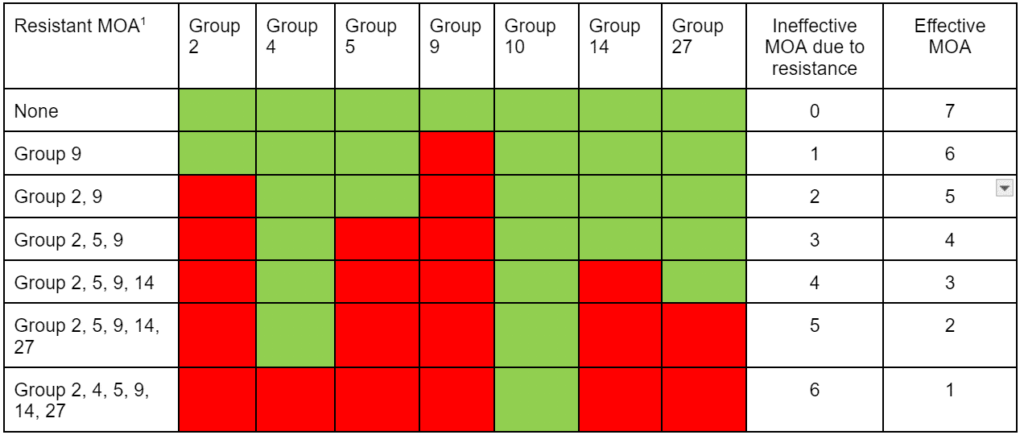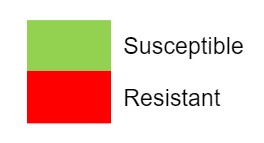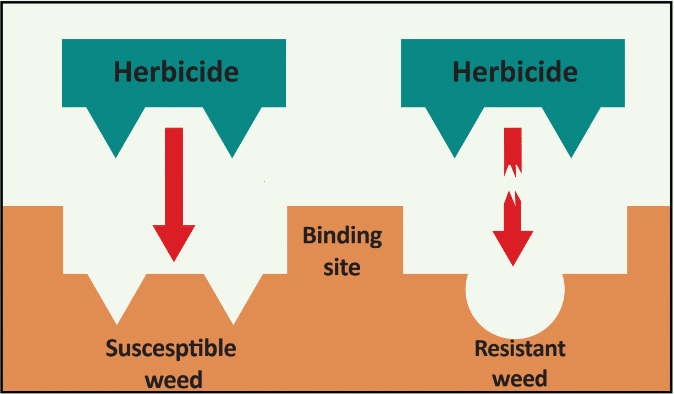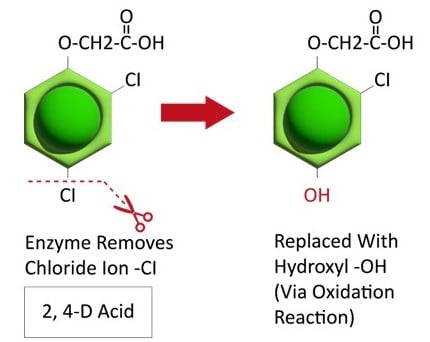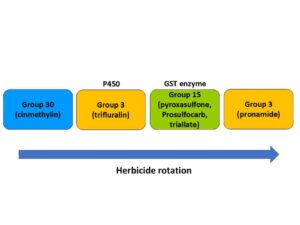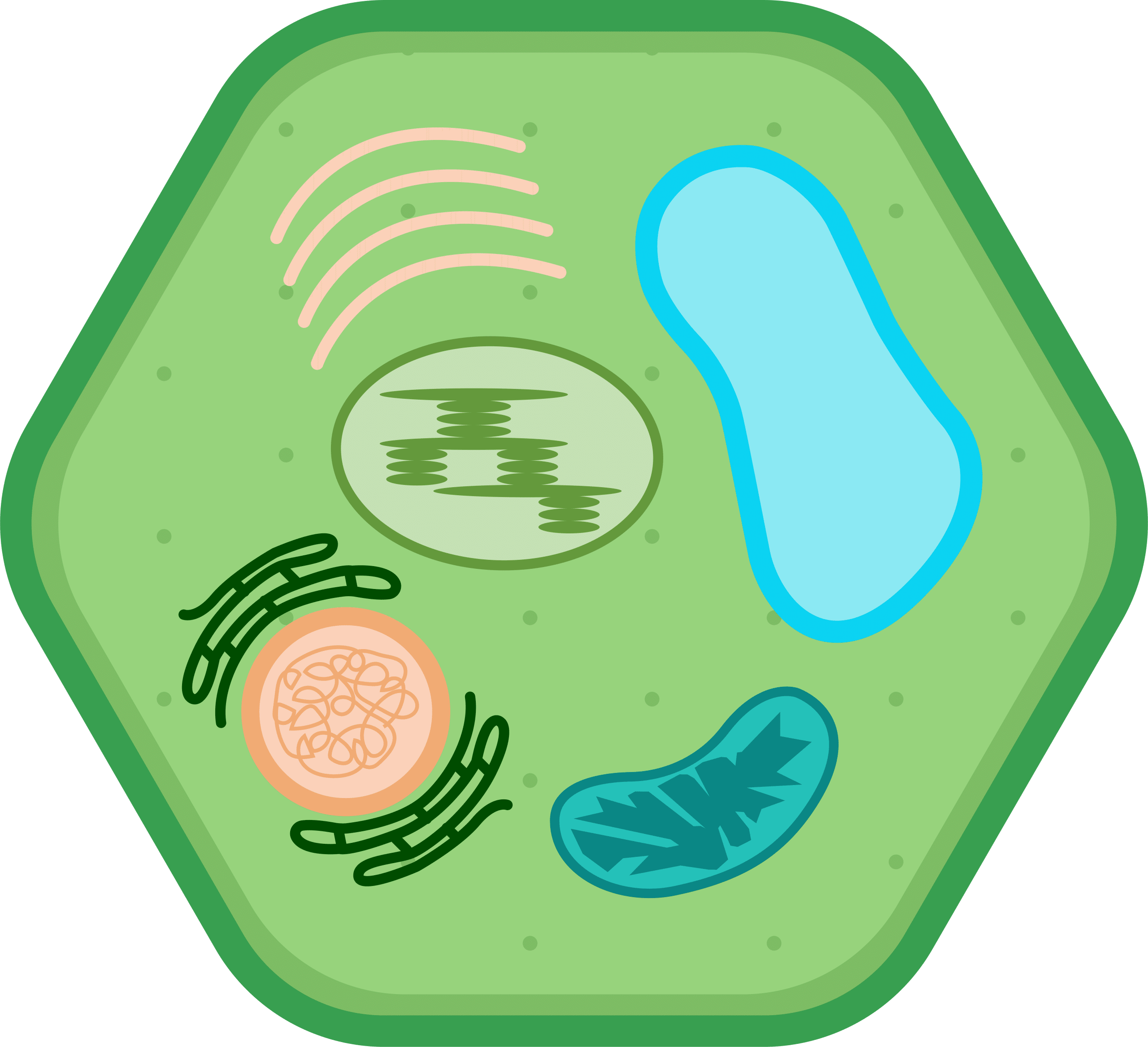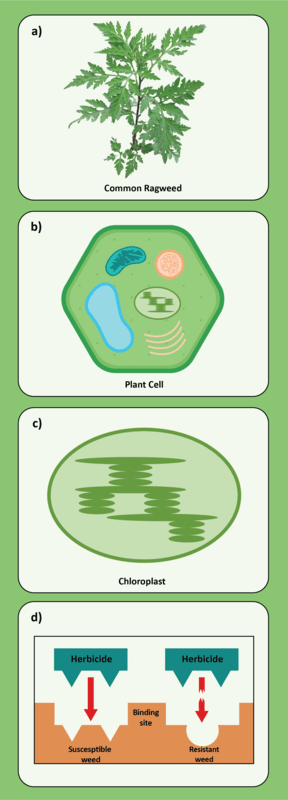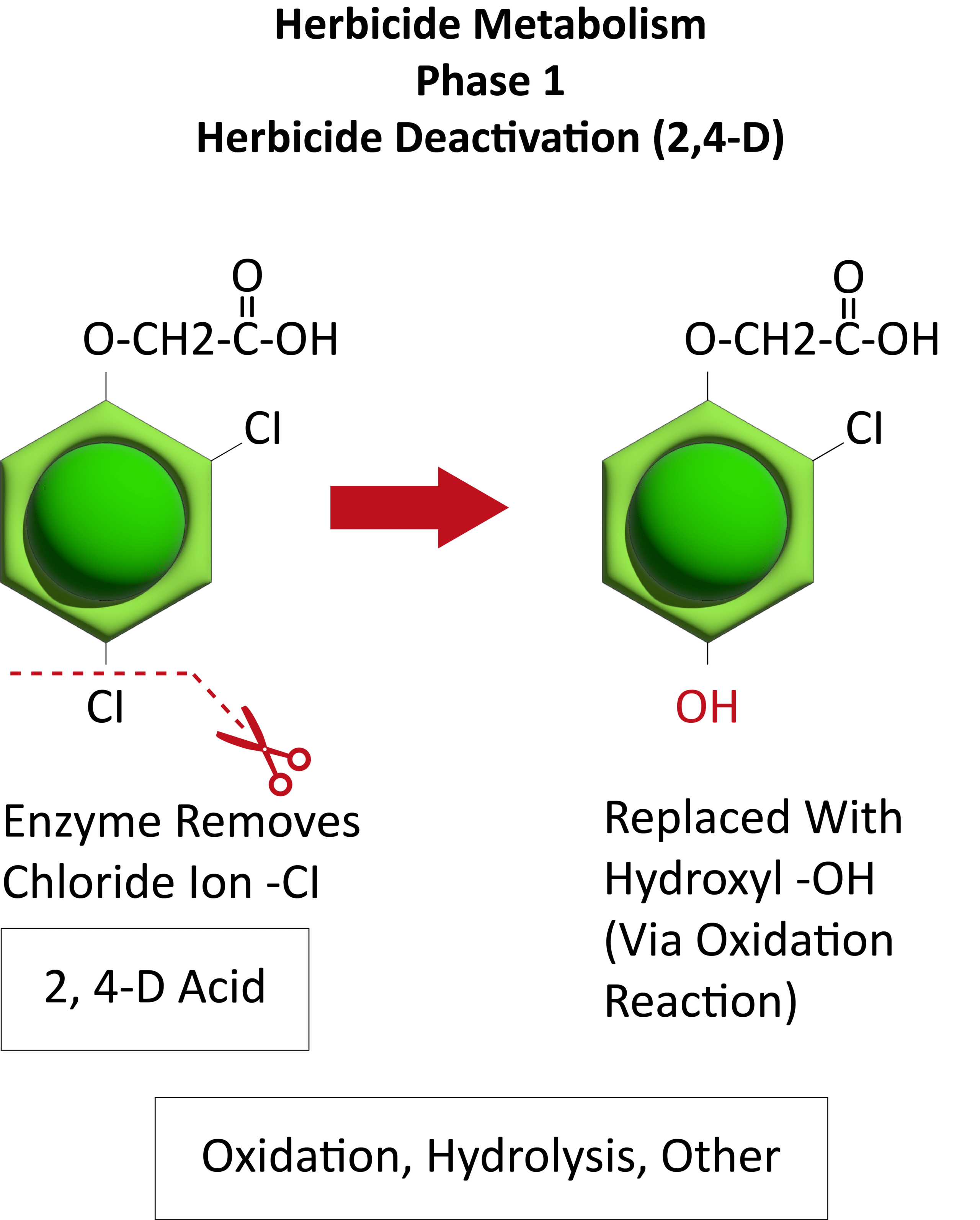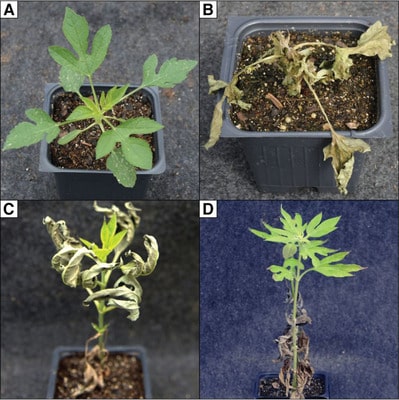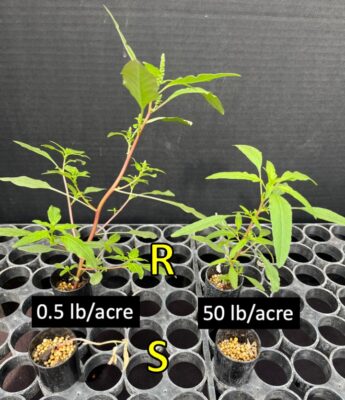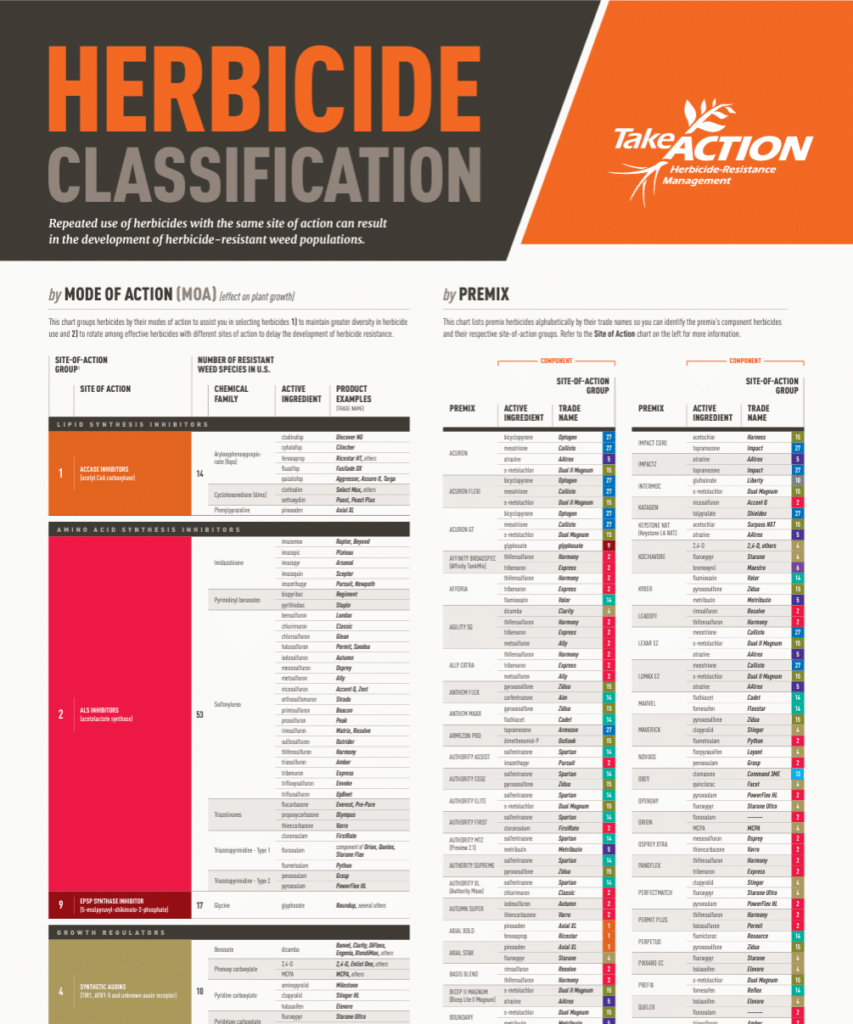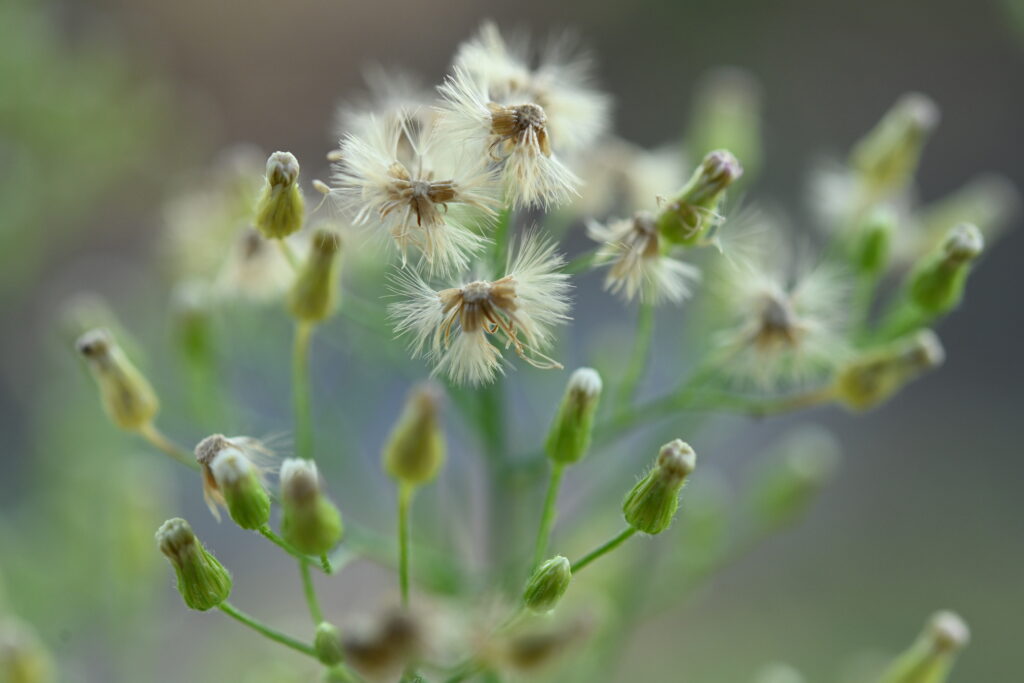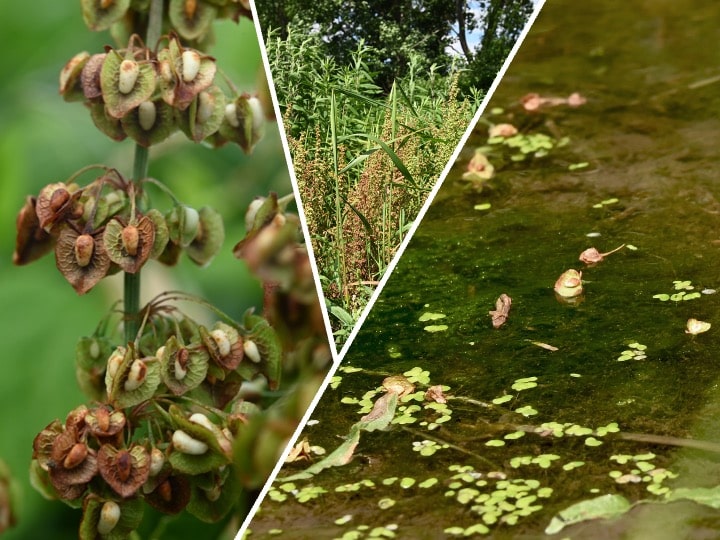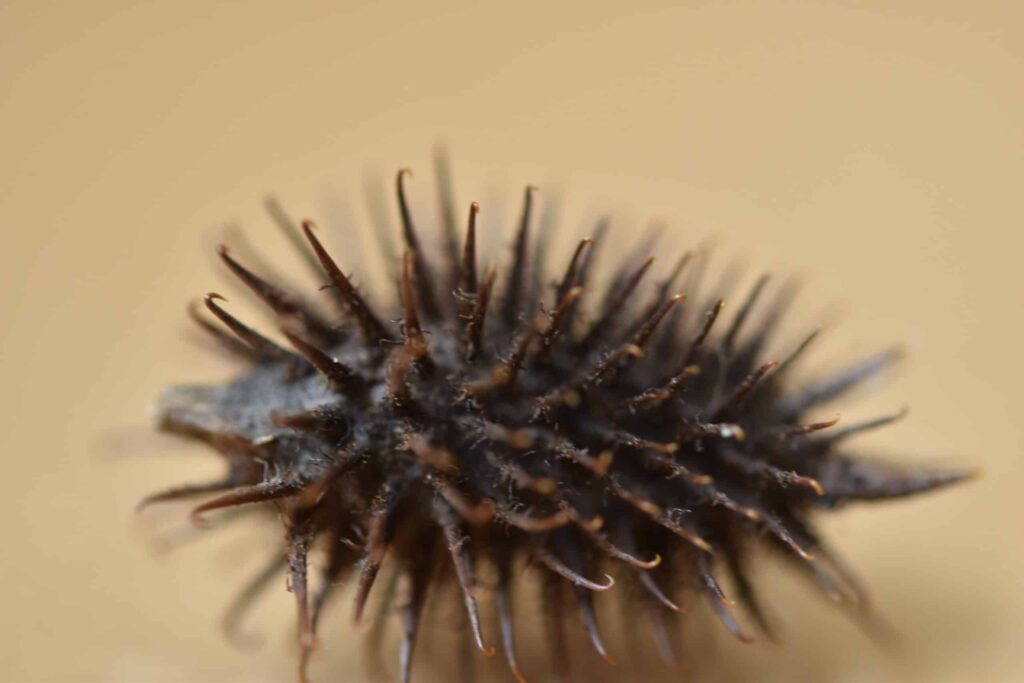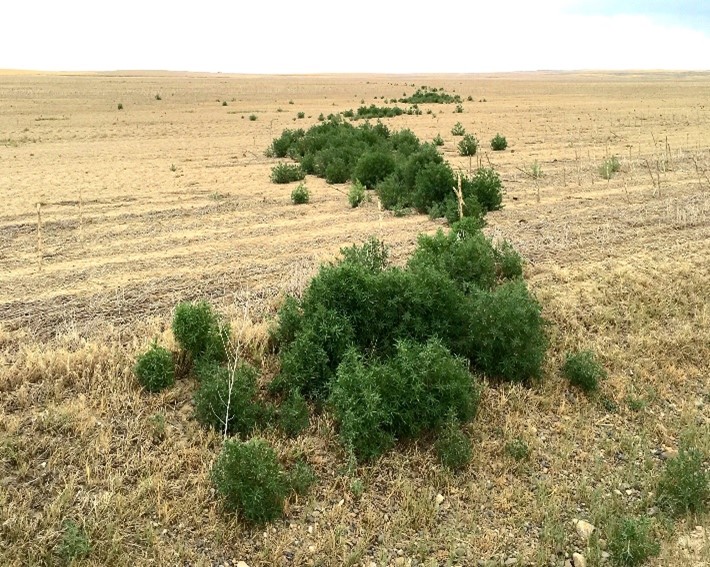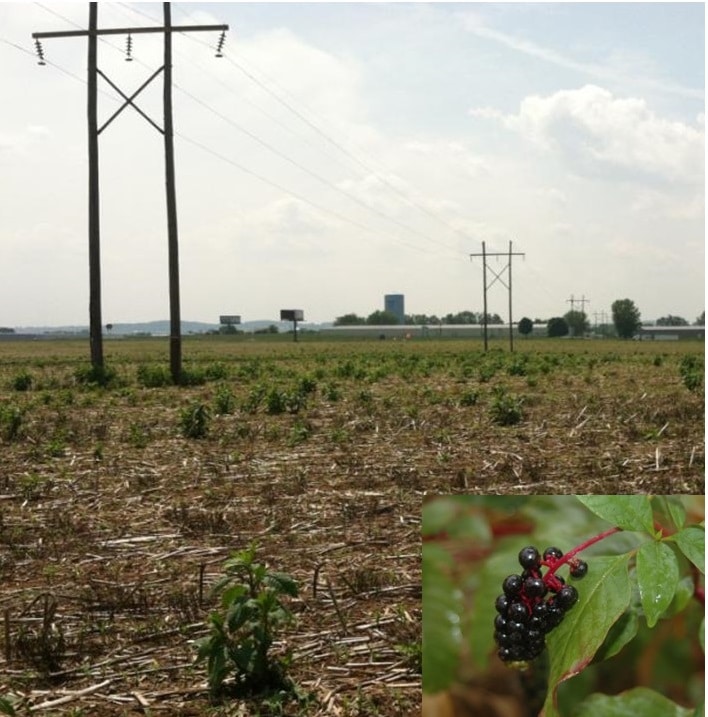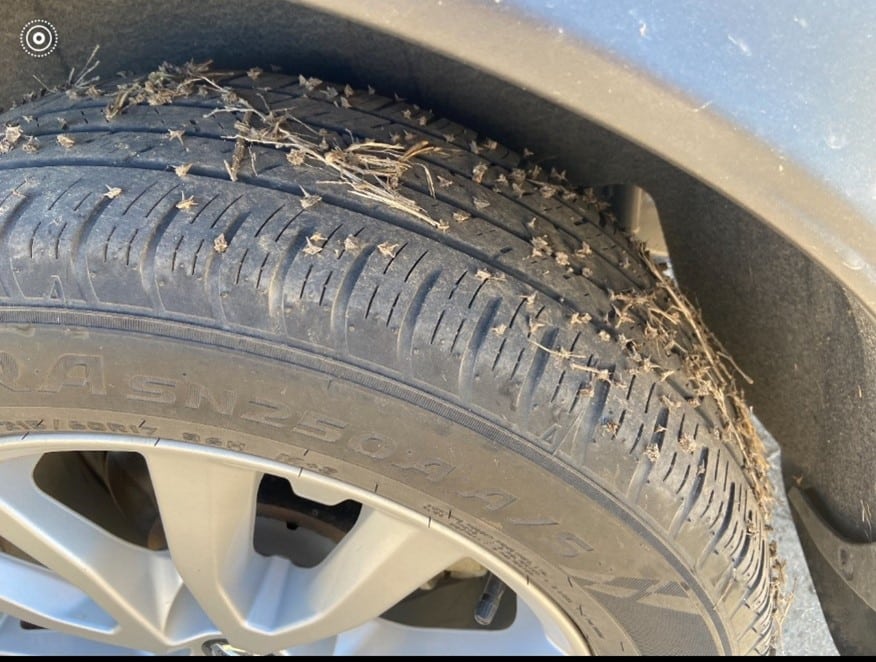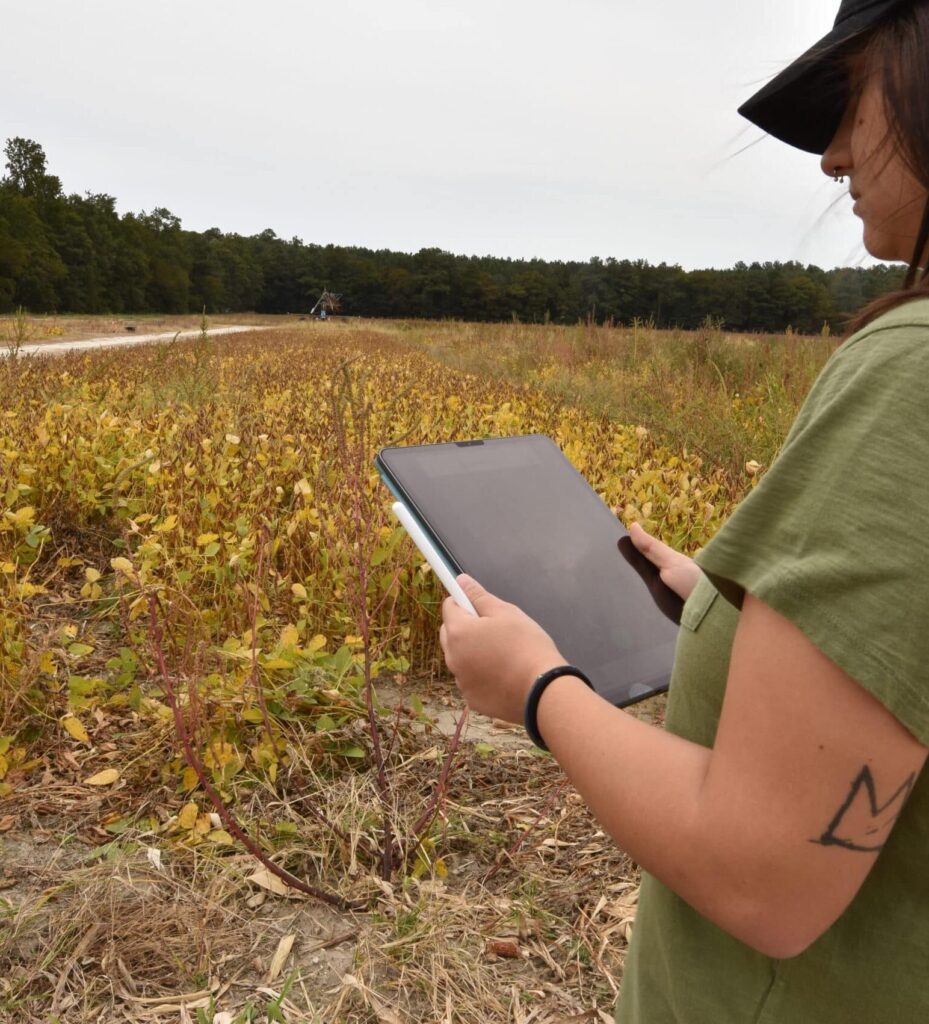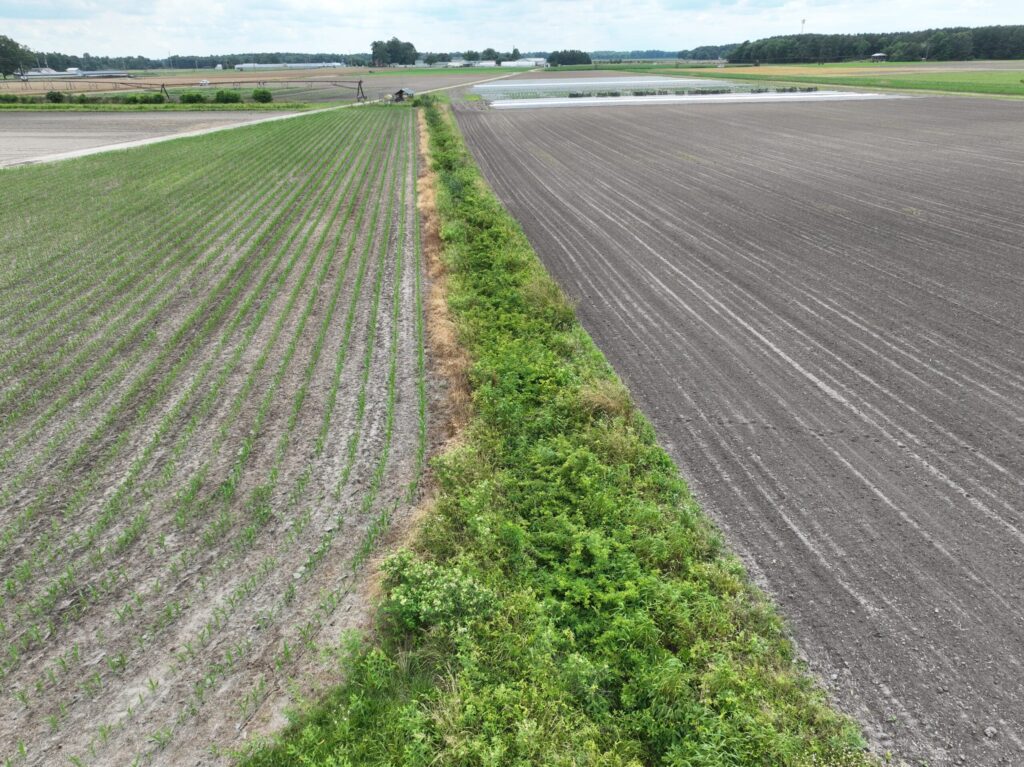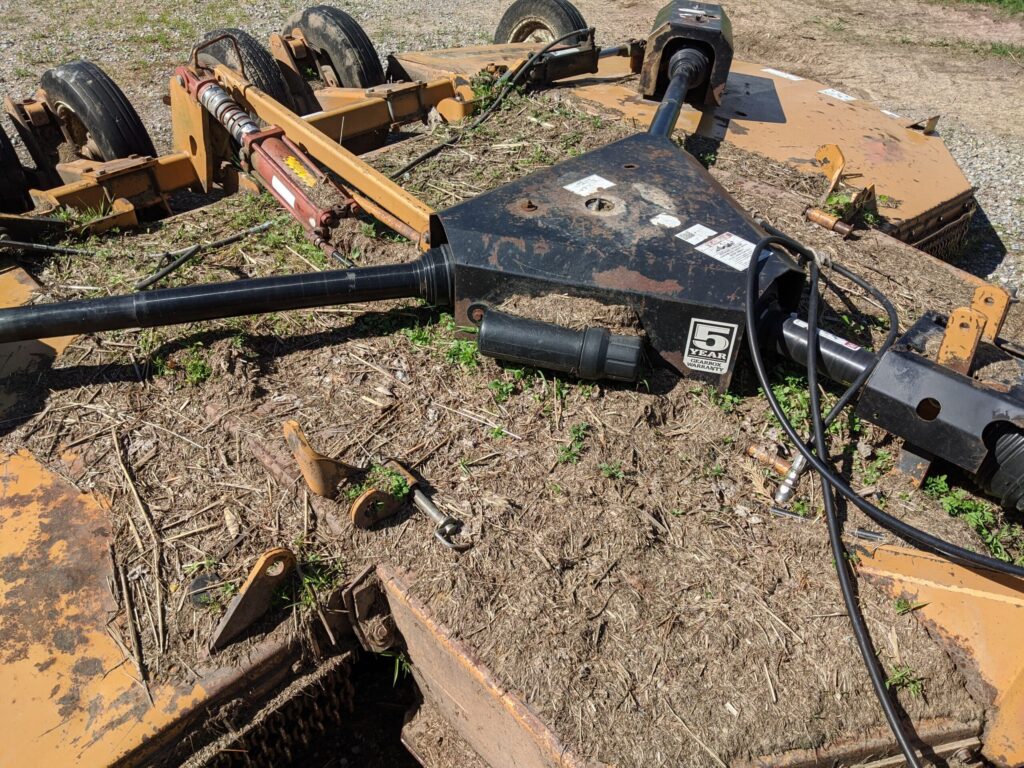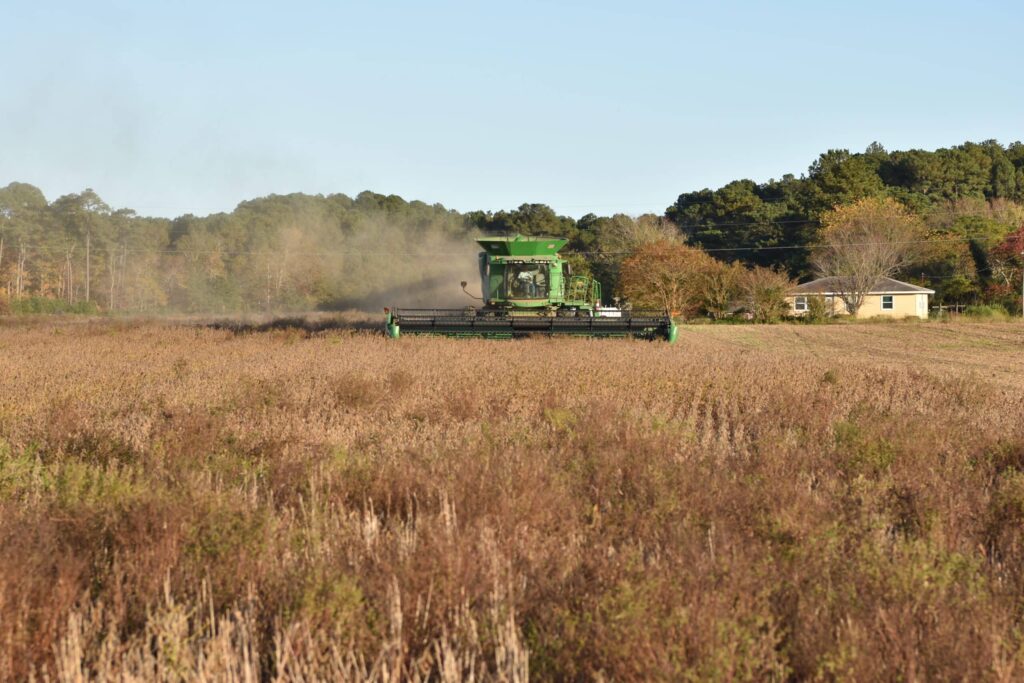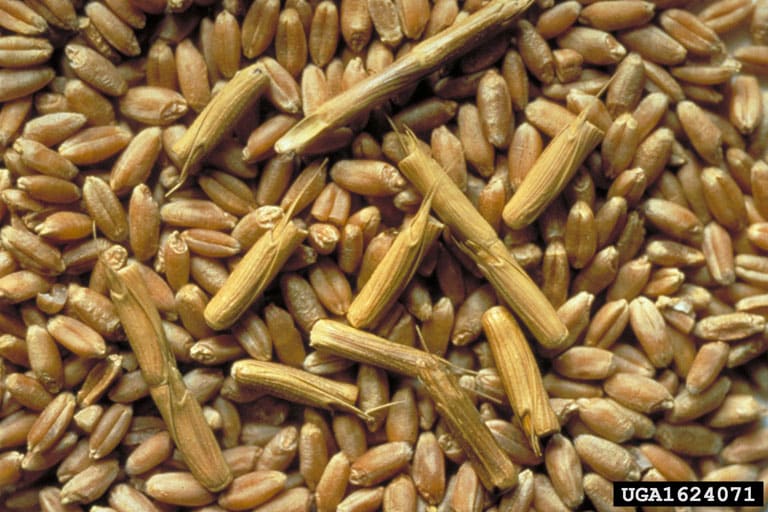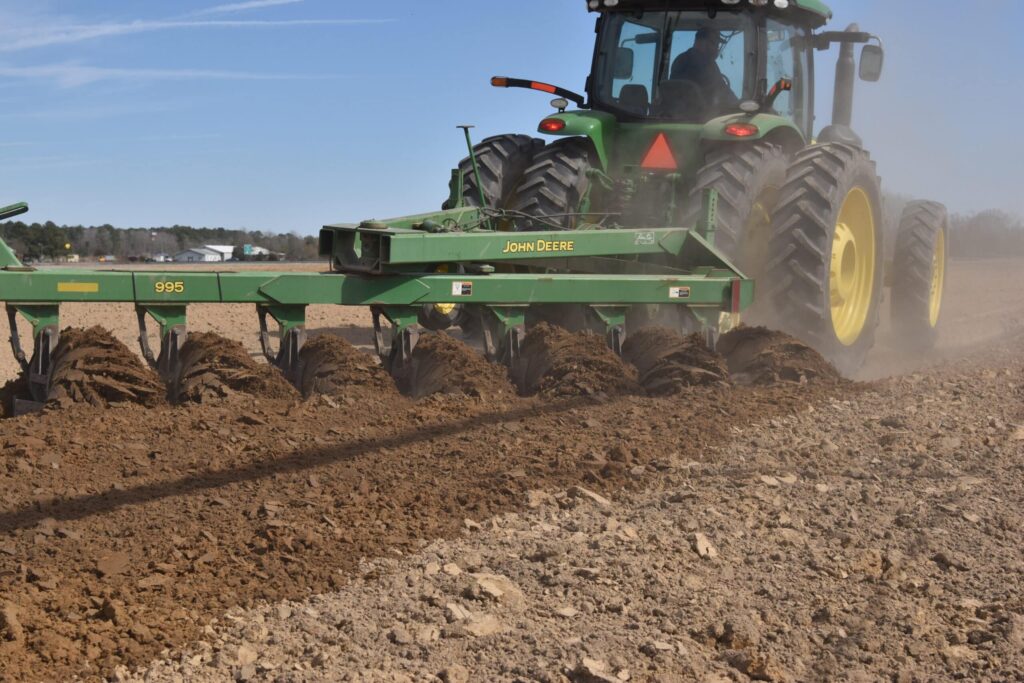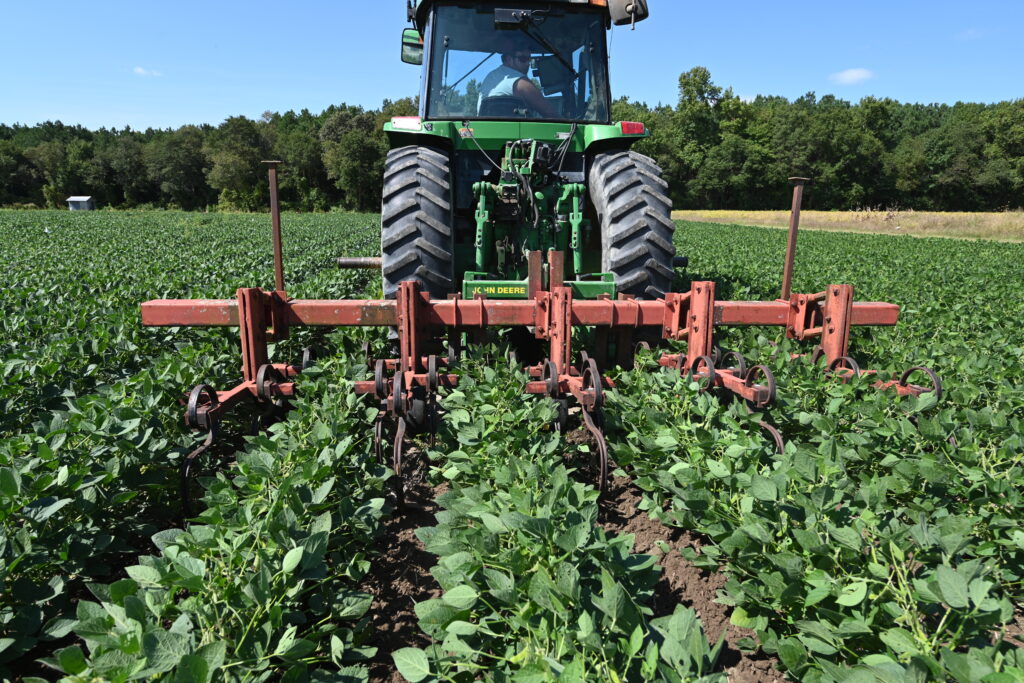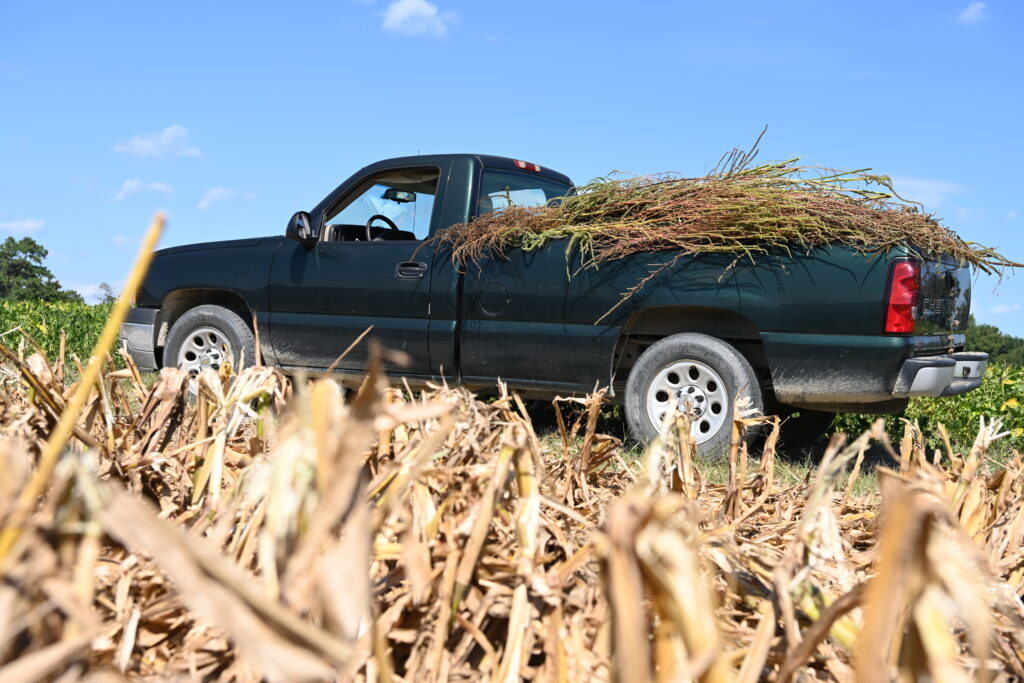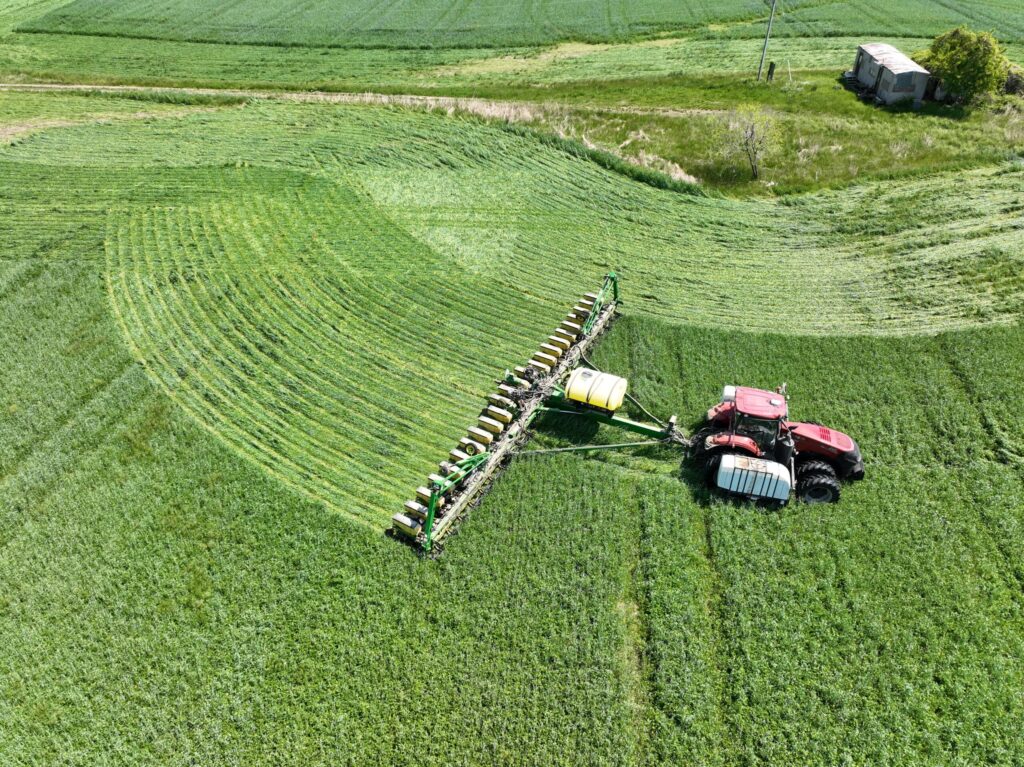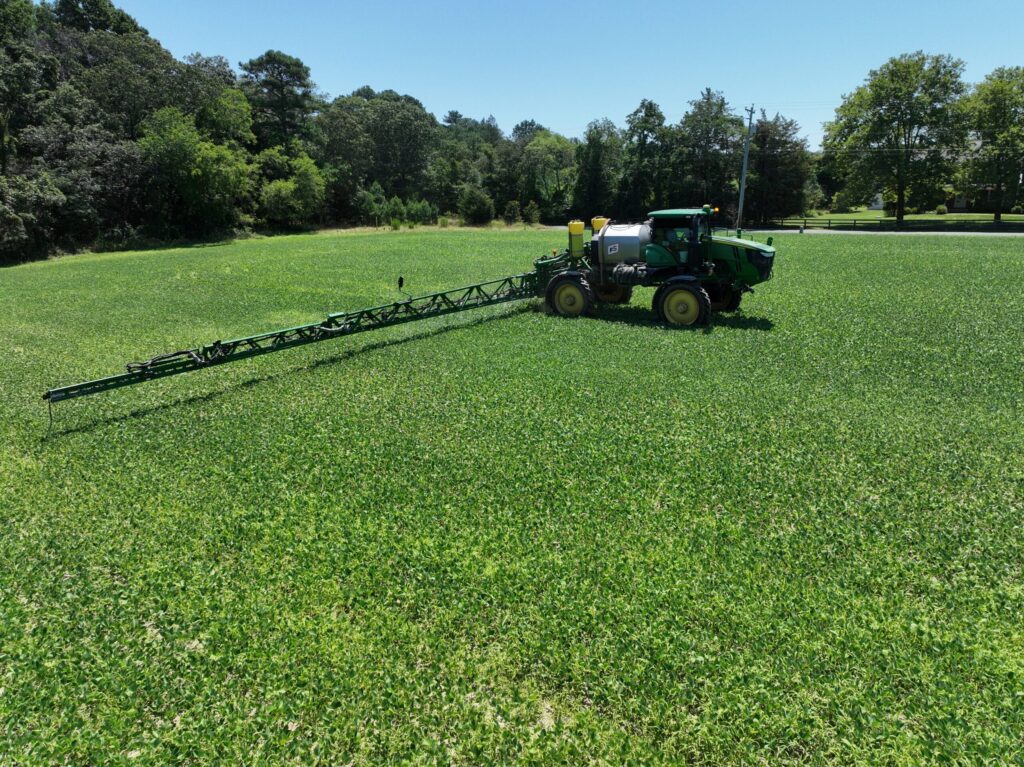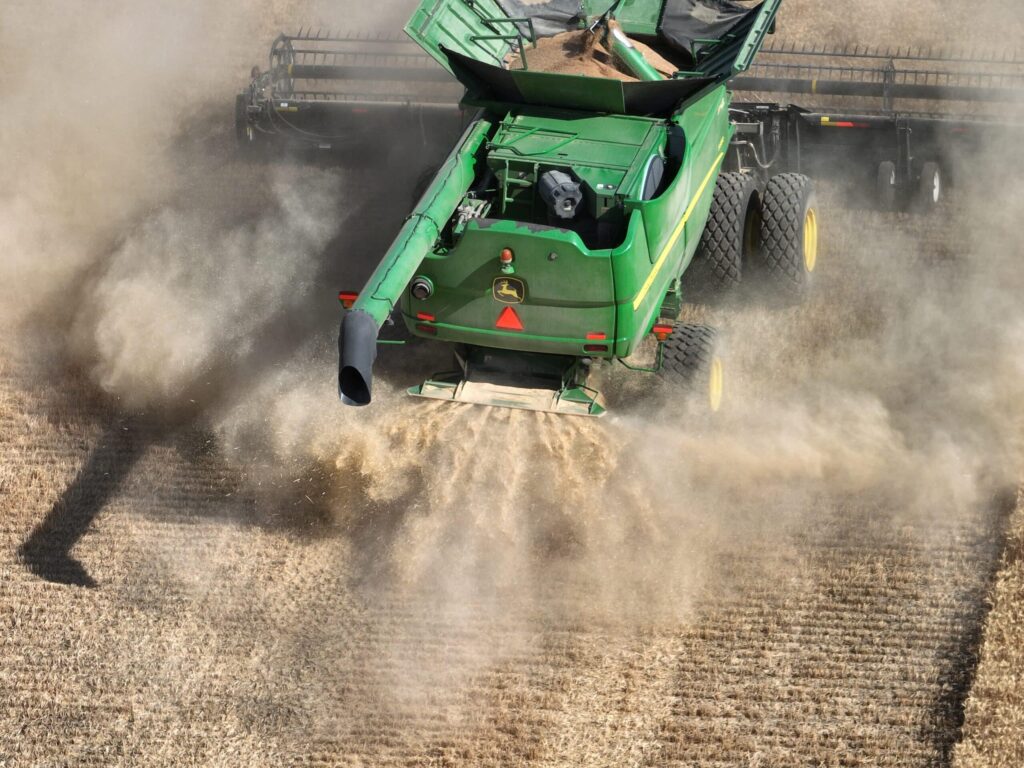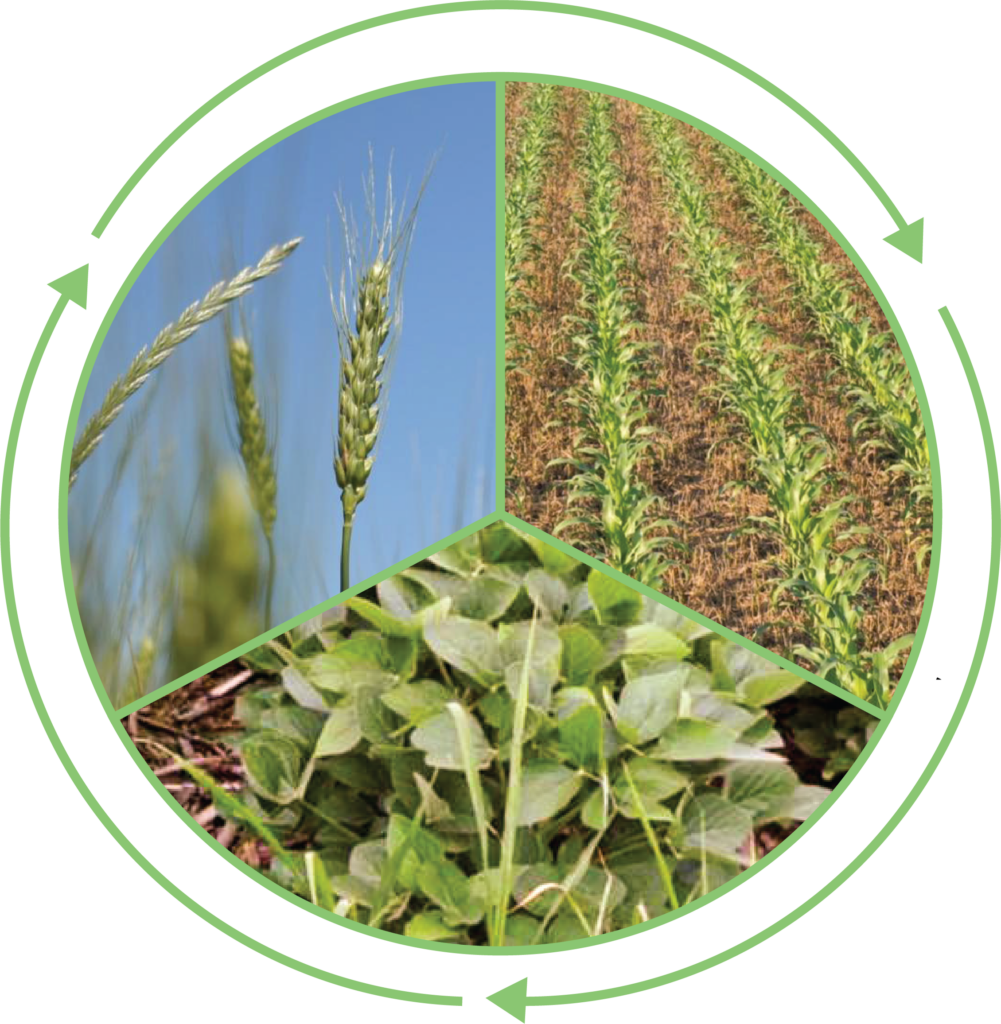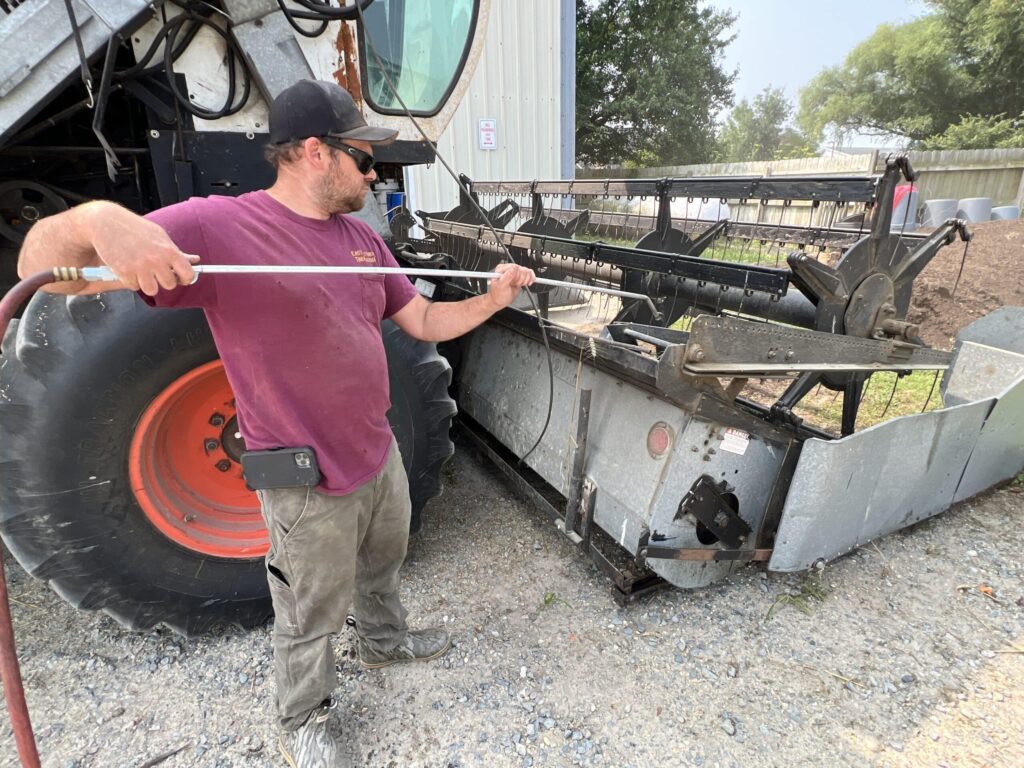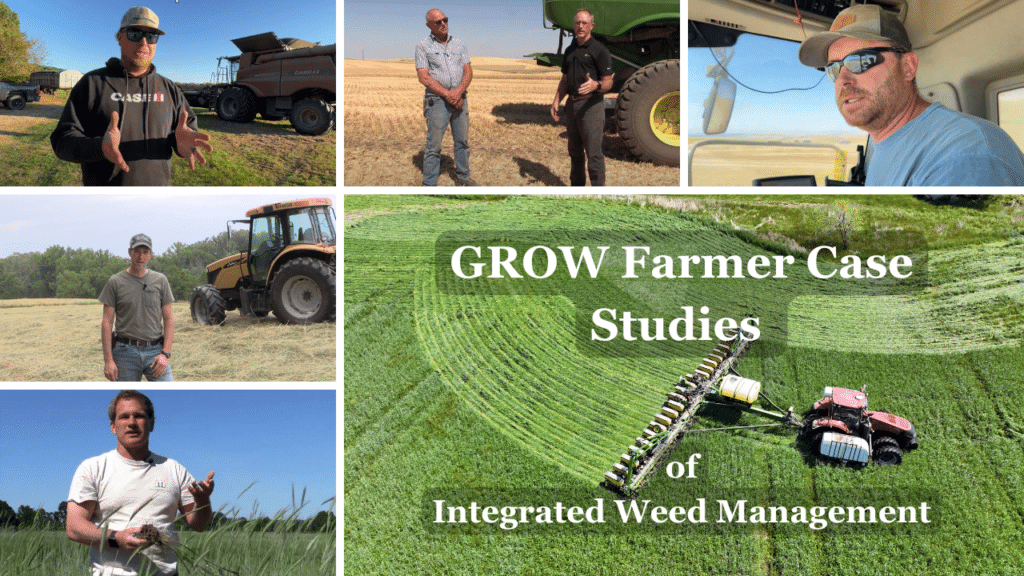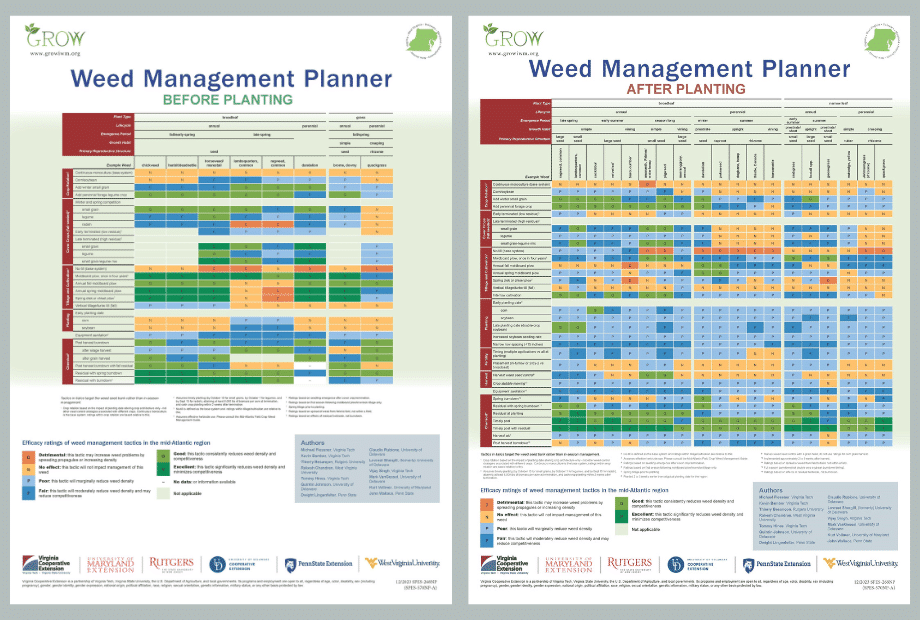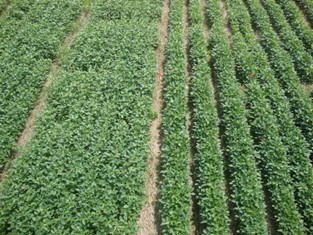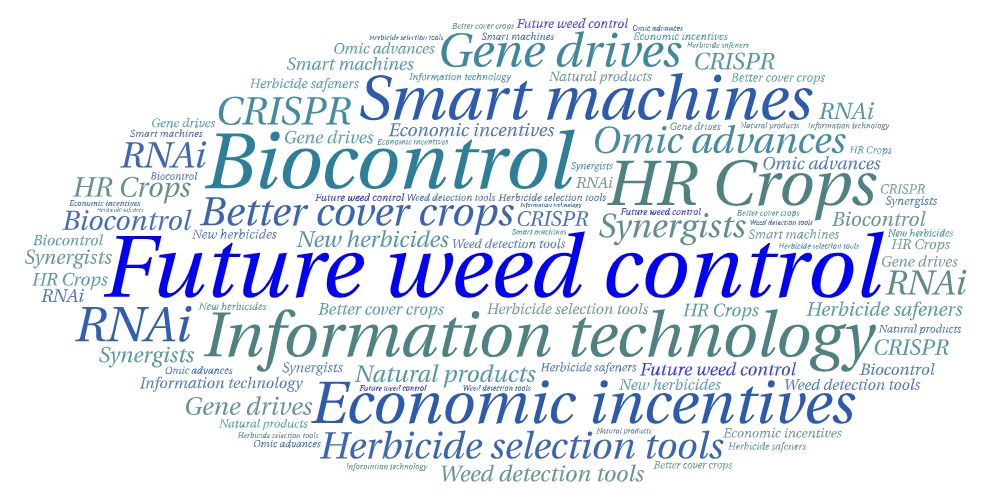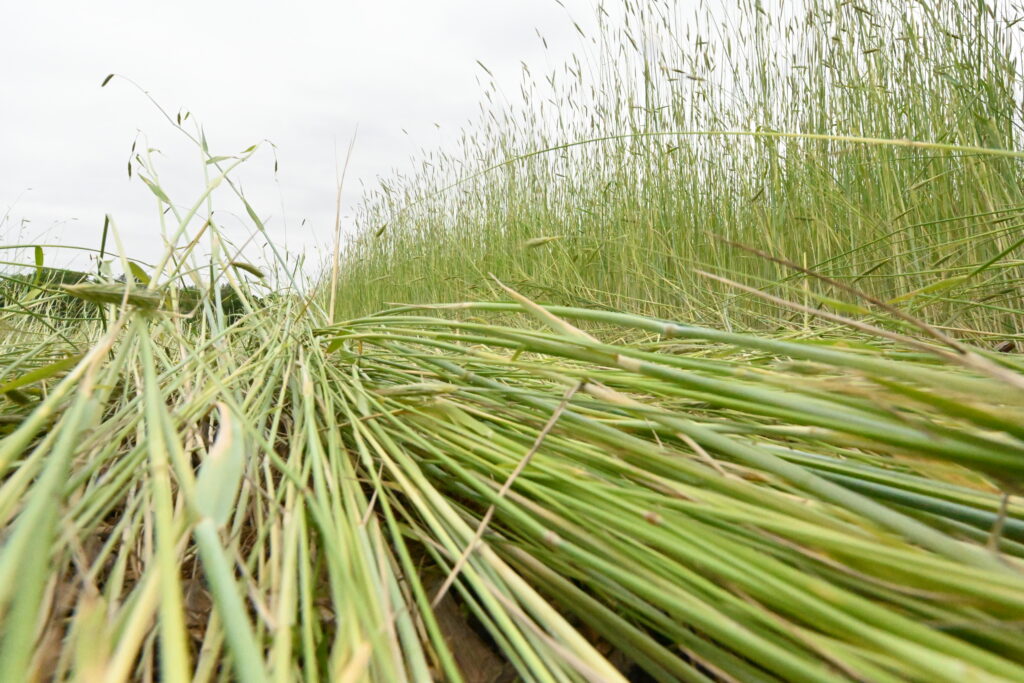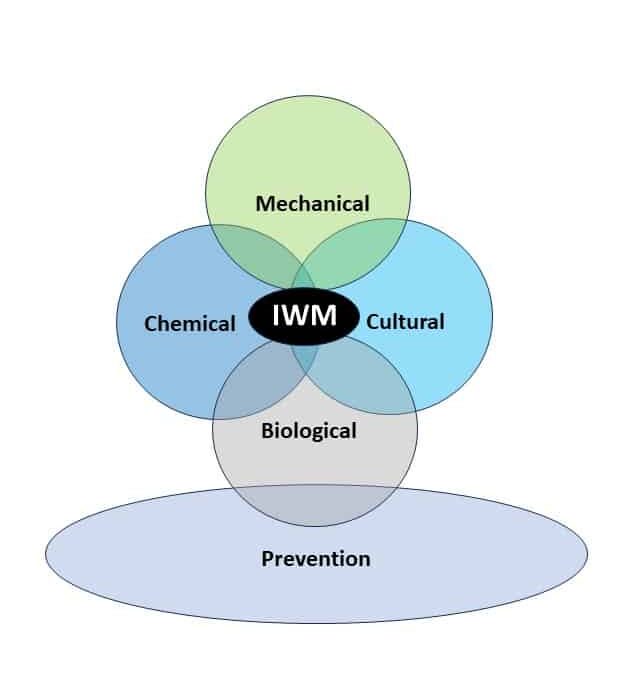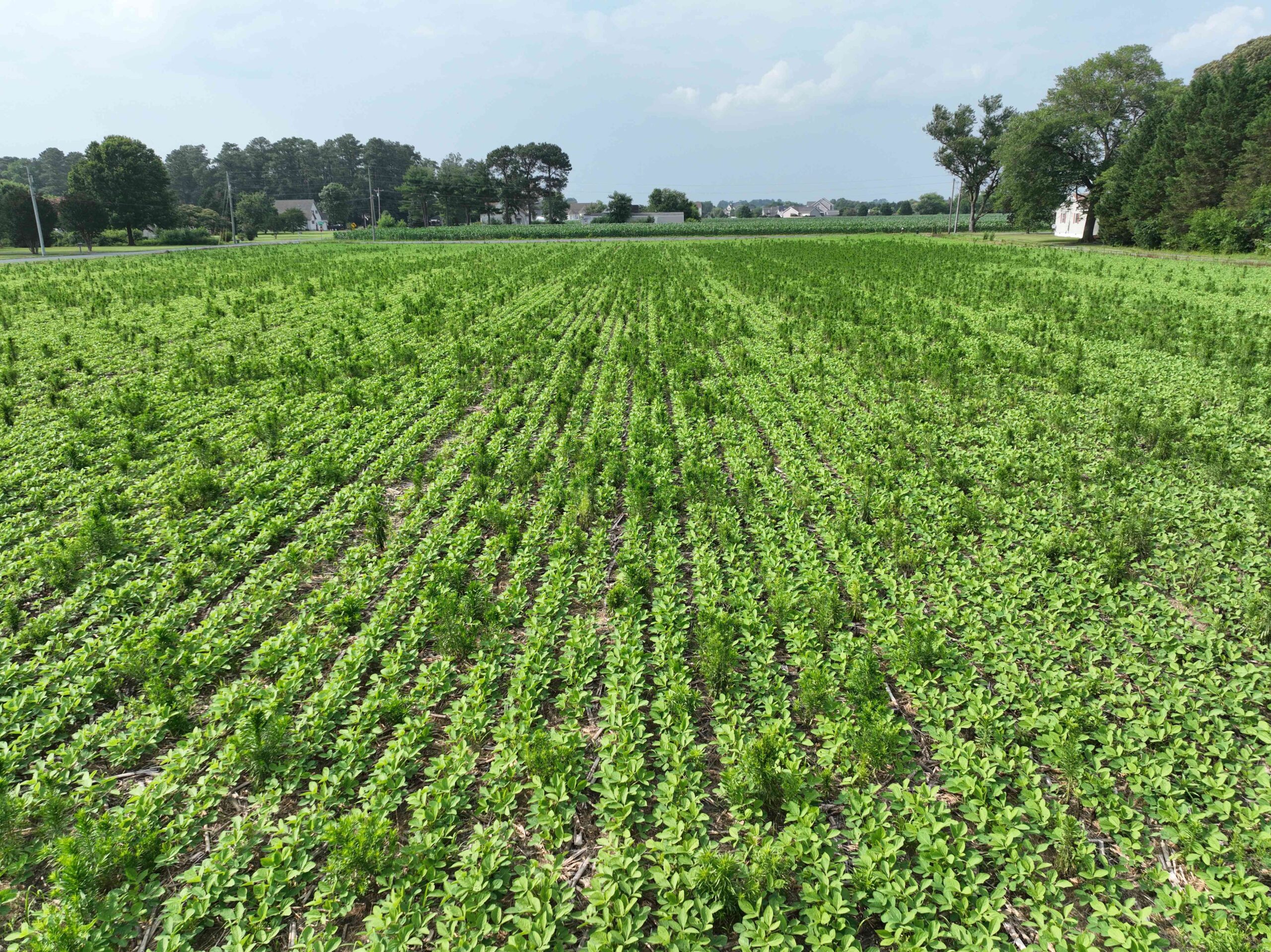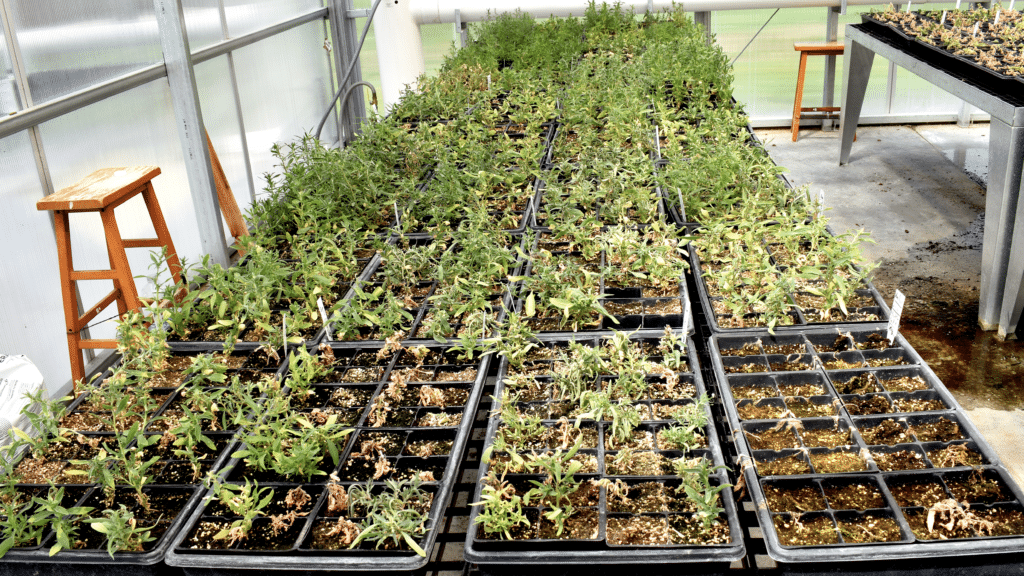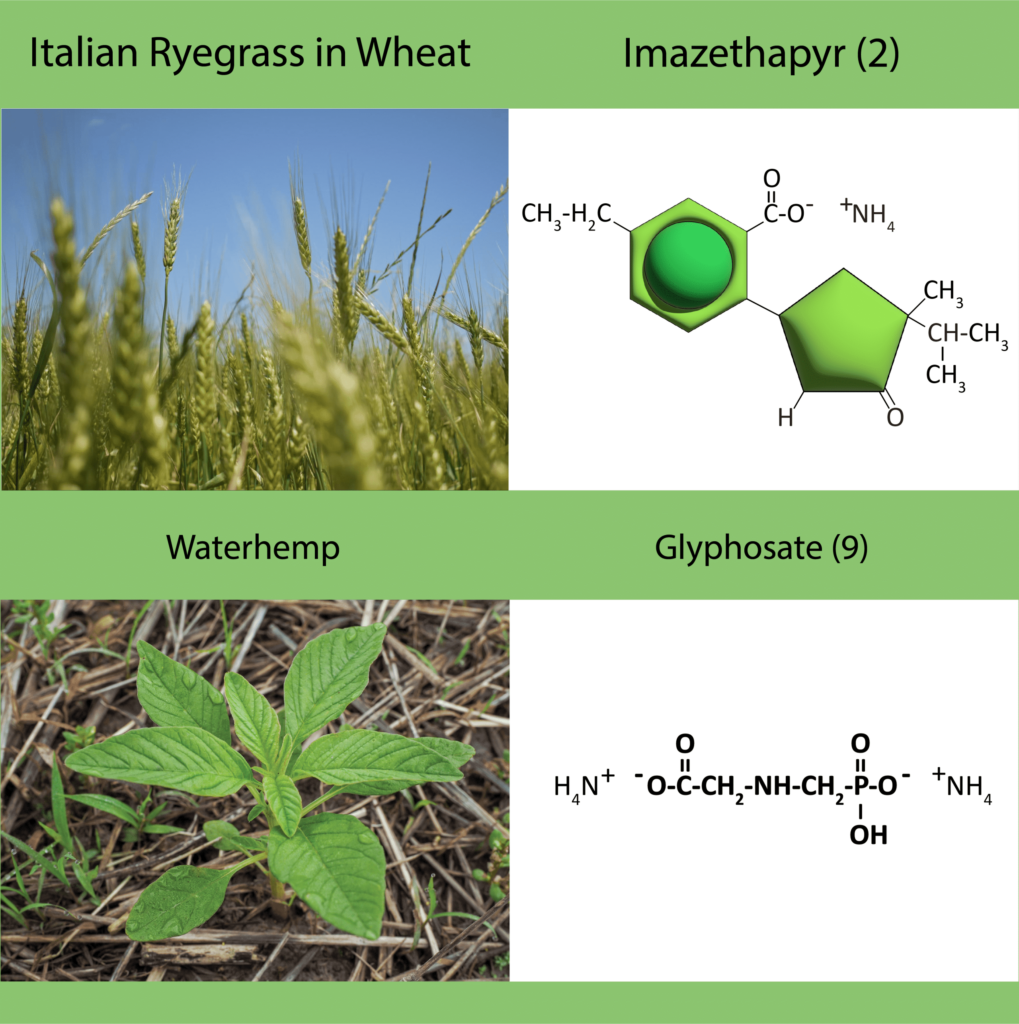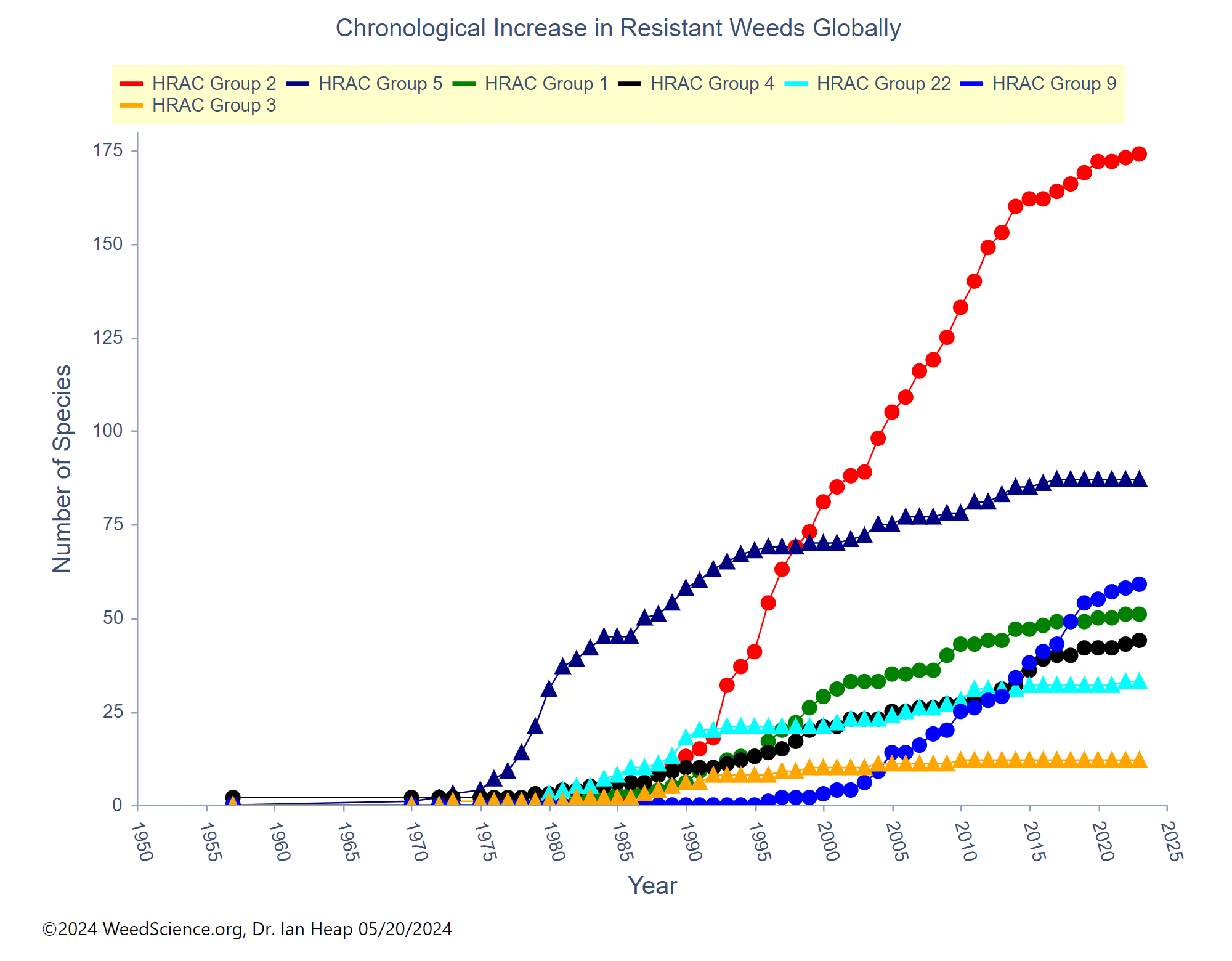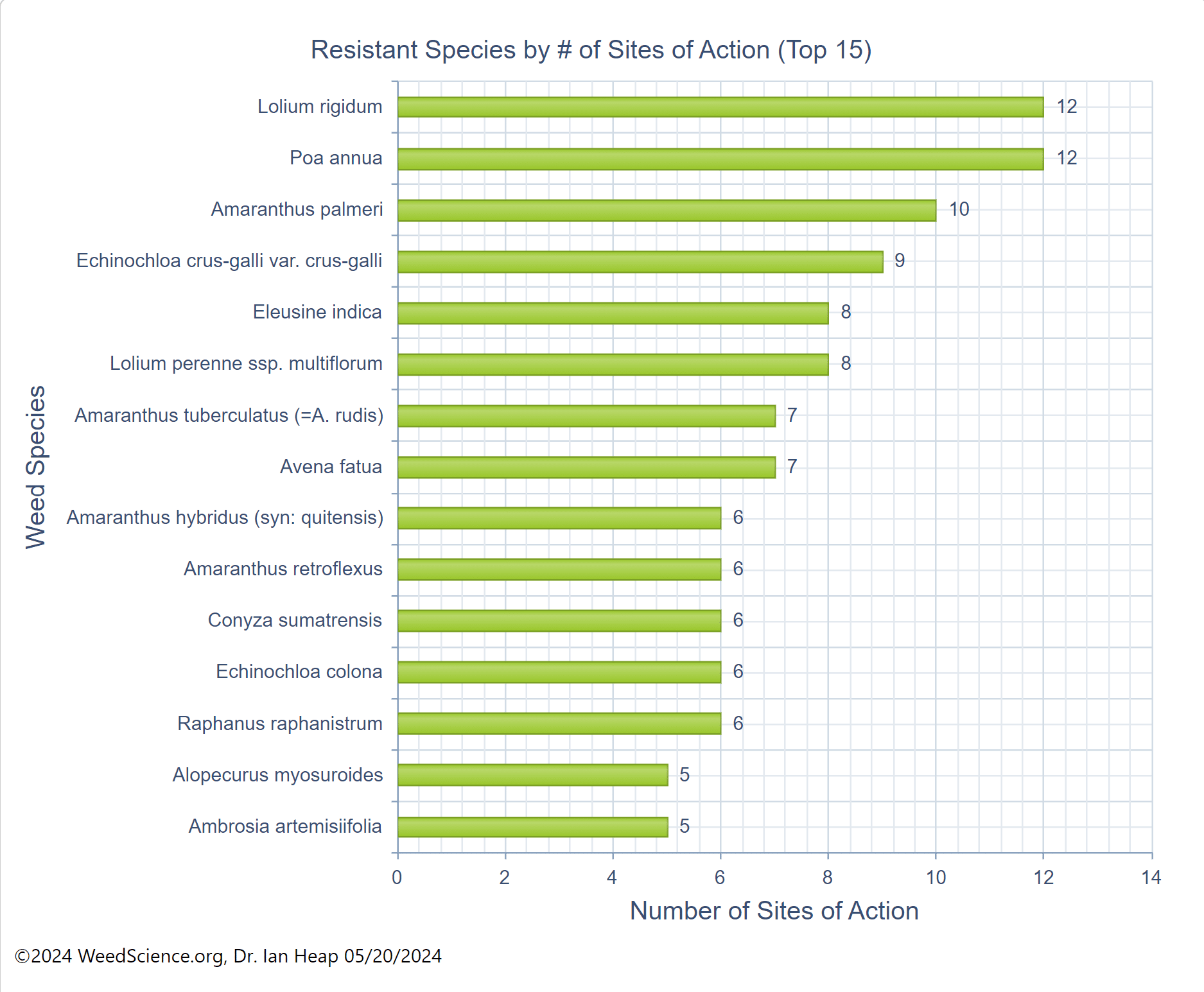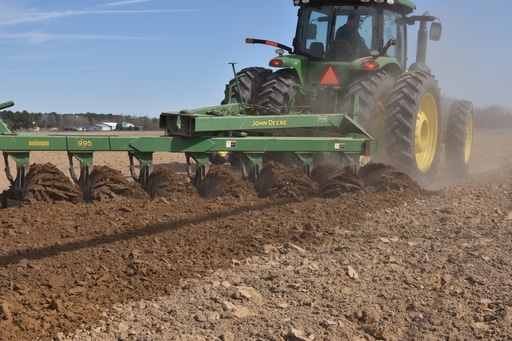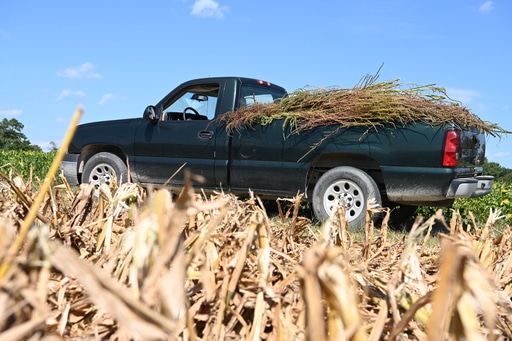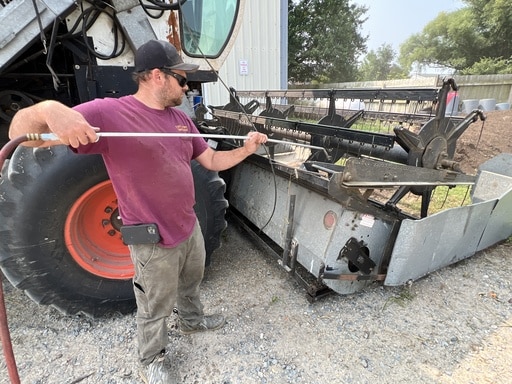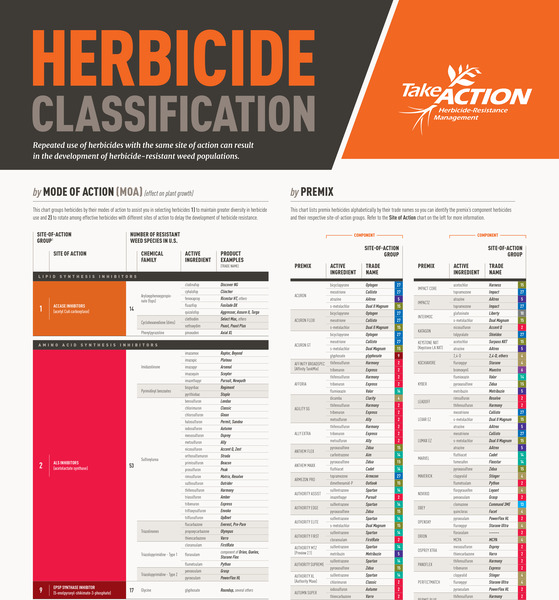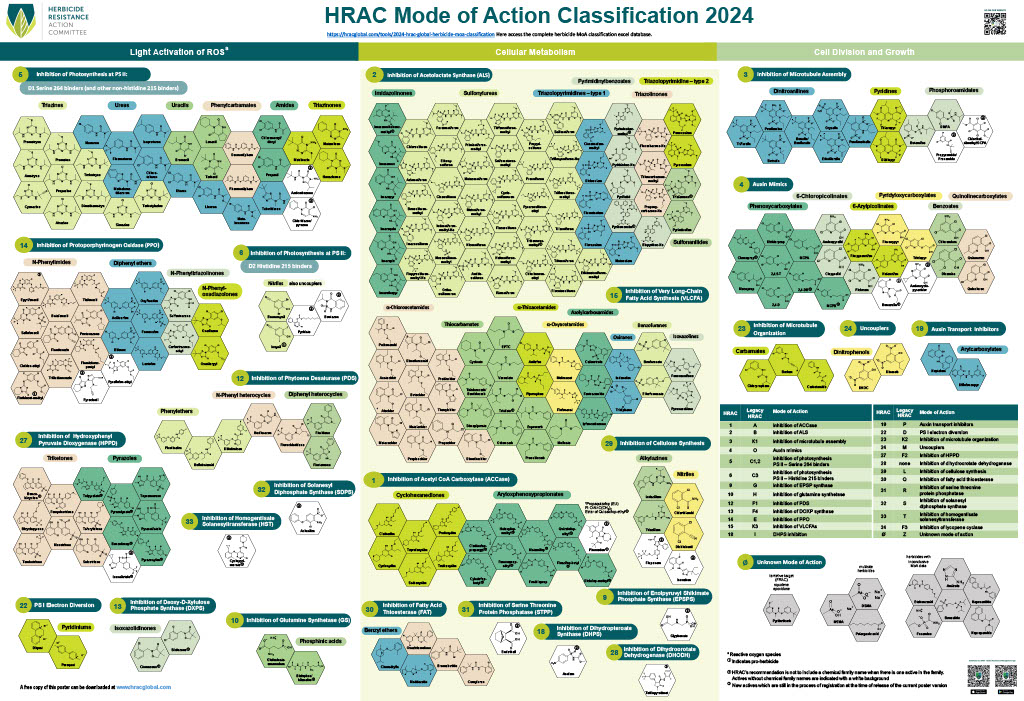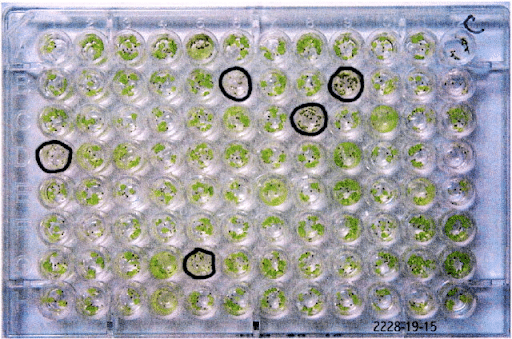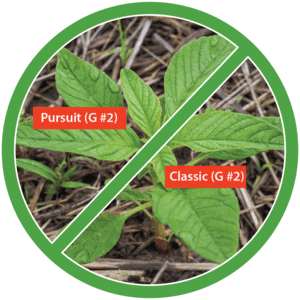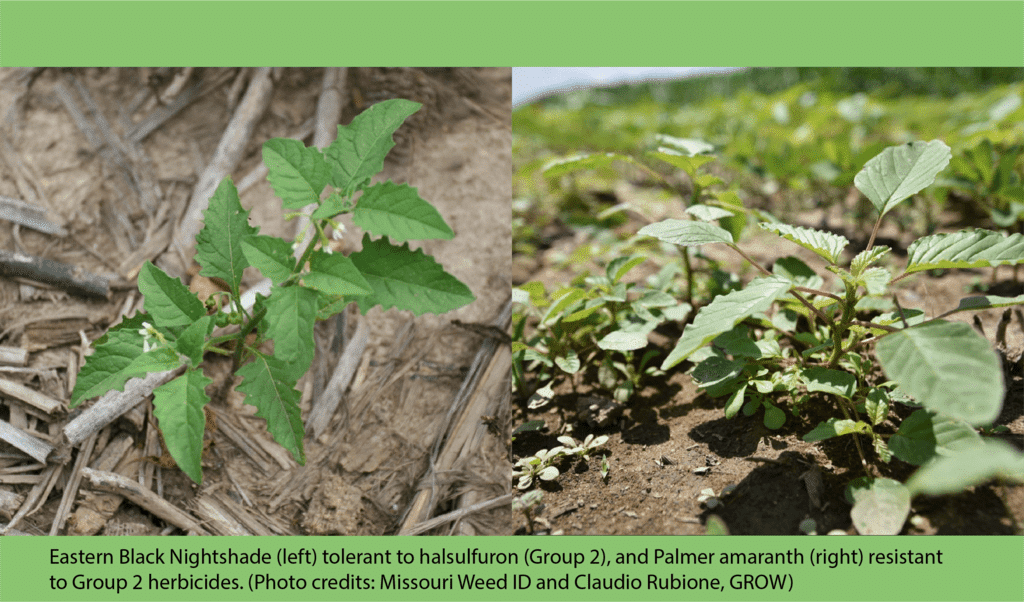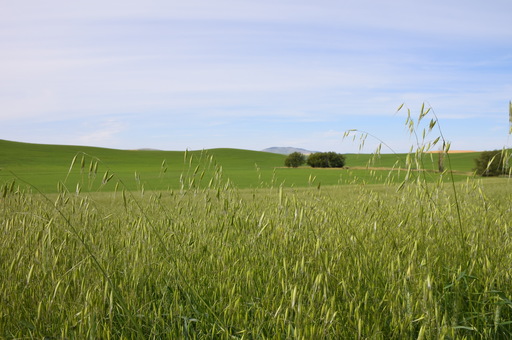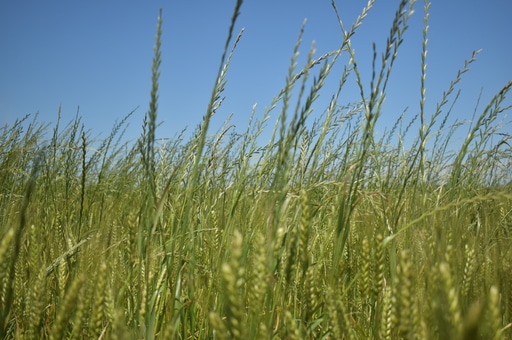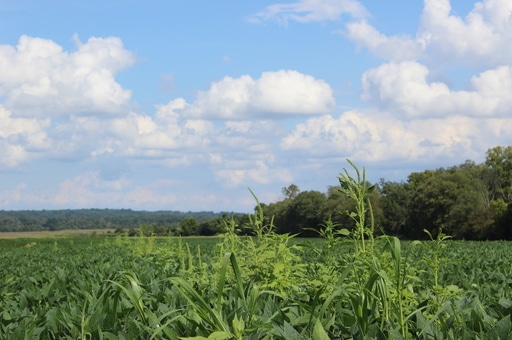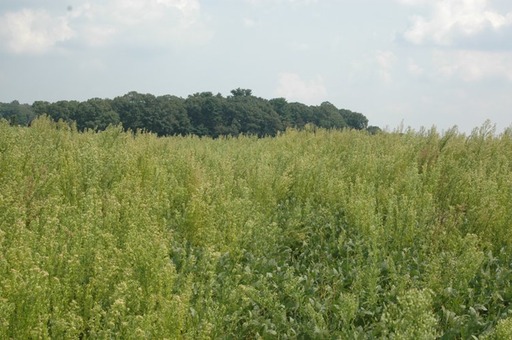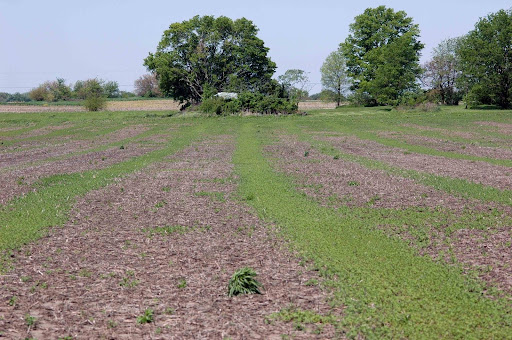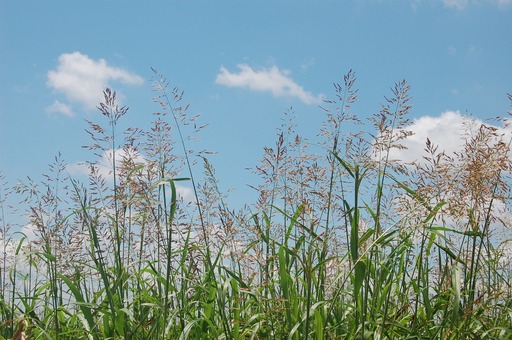Getting Rid Of Weeds
Through Integrated Weed Management
We are a scientist-led network coordinating research to help farmers across the U.S. fight herbicide-resistance with a greater diversity of weed control strategies to complement chemical use.
GROW aims to provide information on tools such as cover crops, increased crop competition, harvest weed seed control, and more.
Recent GROW News & Research Updates
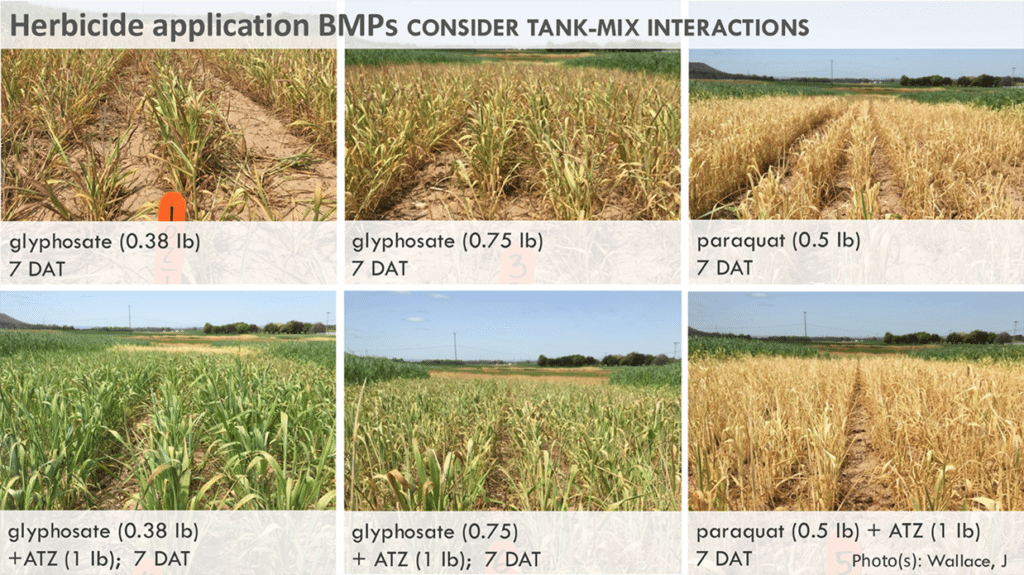
End of Life Planning for Cover Crops: Are You Prepared?
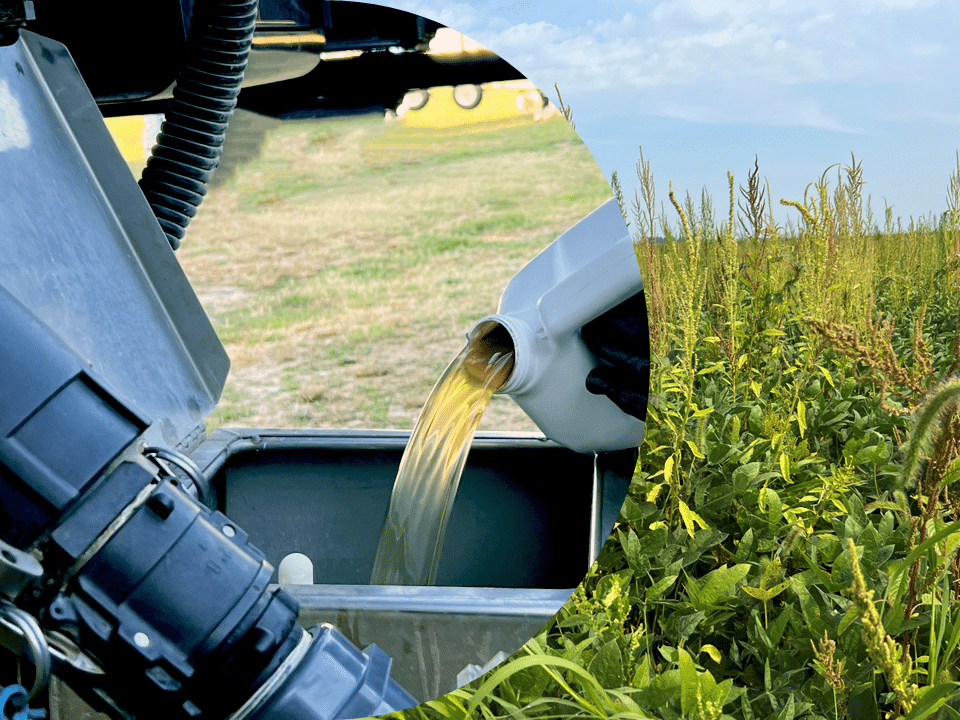
Tank Mixing or Herbicide Rotation: Which Strategy is Best?
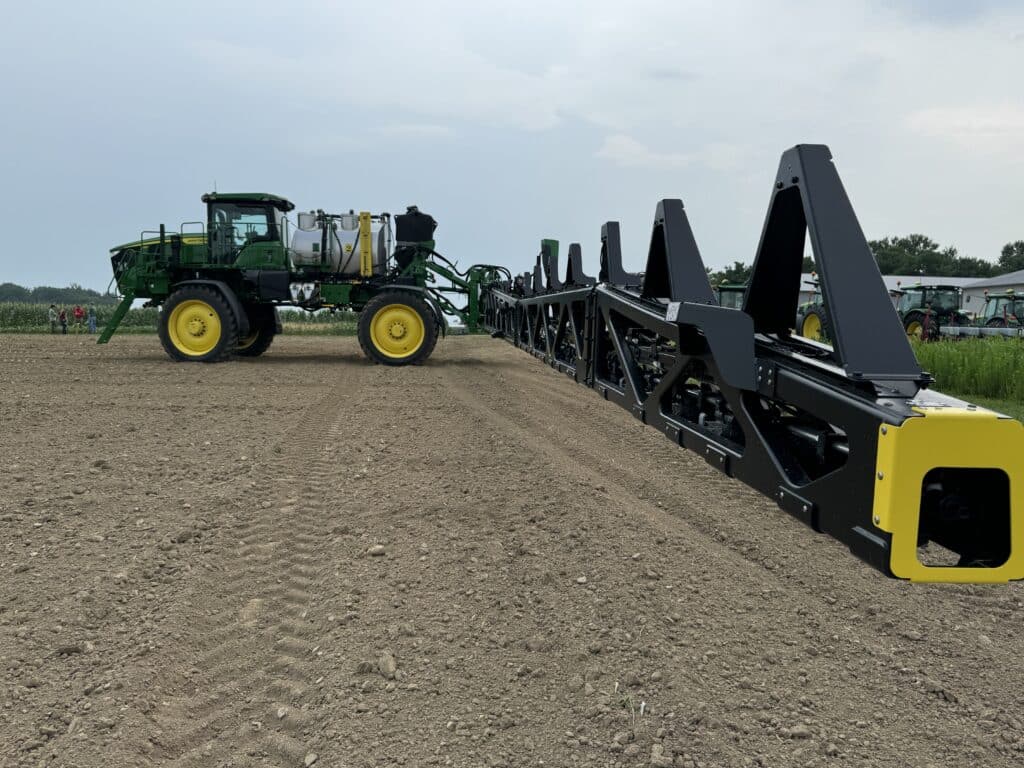
Join a GROW Farmer Forum on Targeted Spray Technologies in the Field
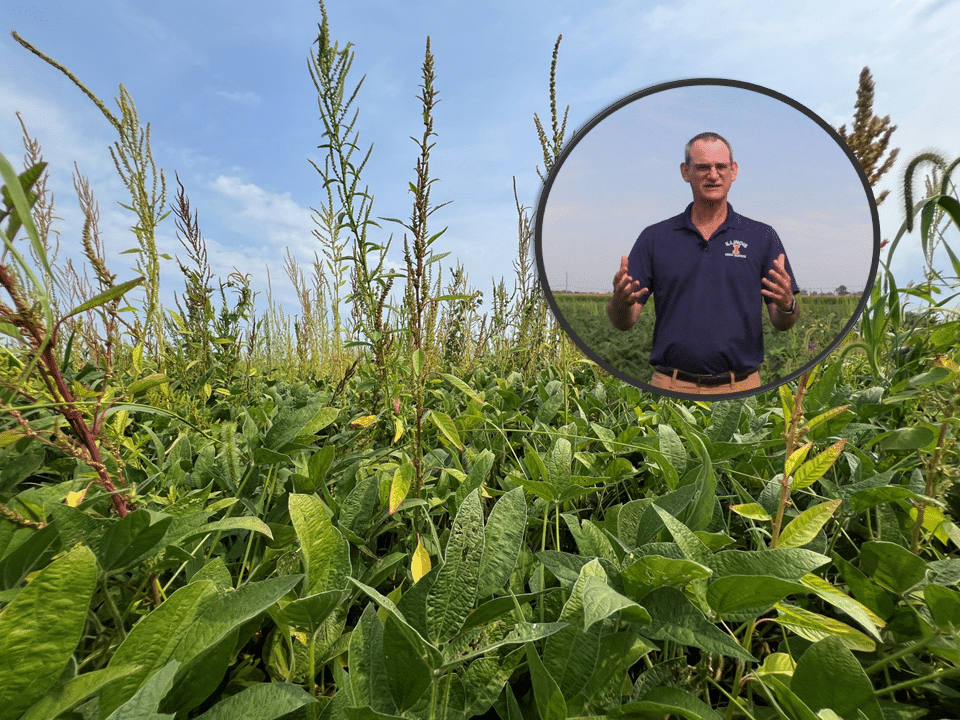
What’s the Difference Between Target-Site & Non-Target-Site Herbicide Resistance?
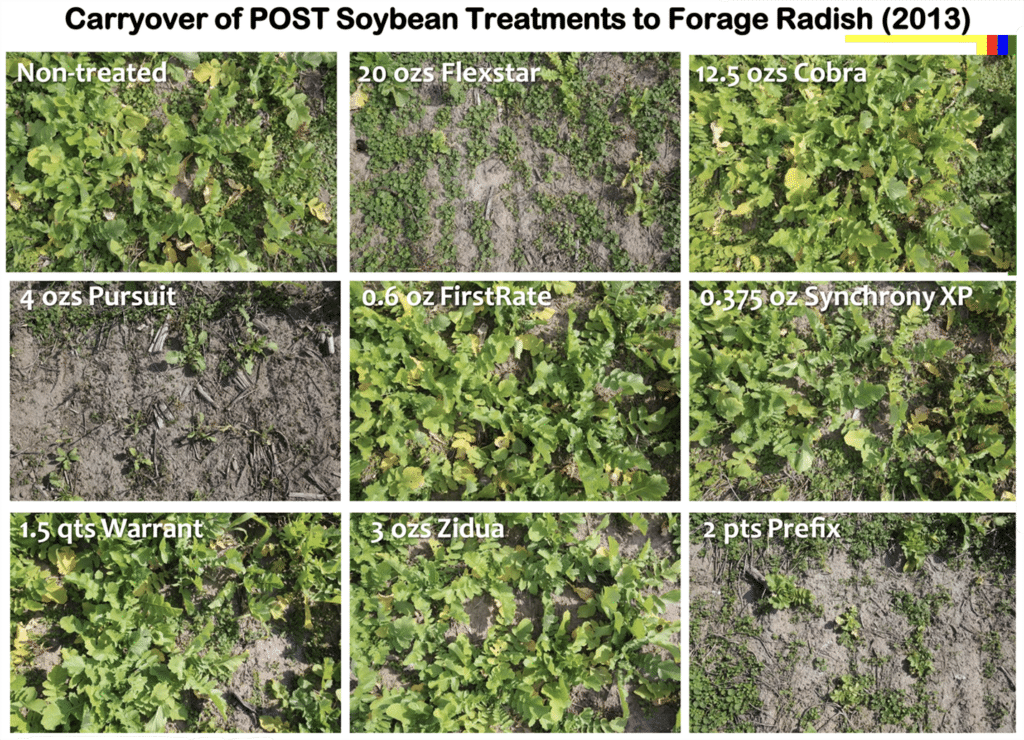
Tips for Getting Herbicides and Cover Crops to Cooperate

GROW Releases New Herbicide Resistance Resource for the Industry
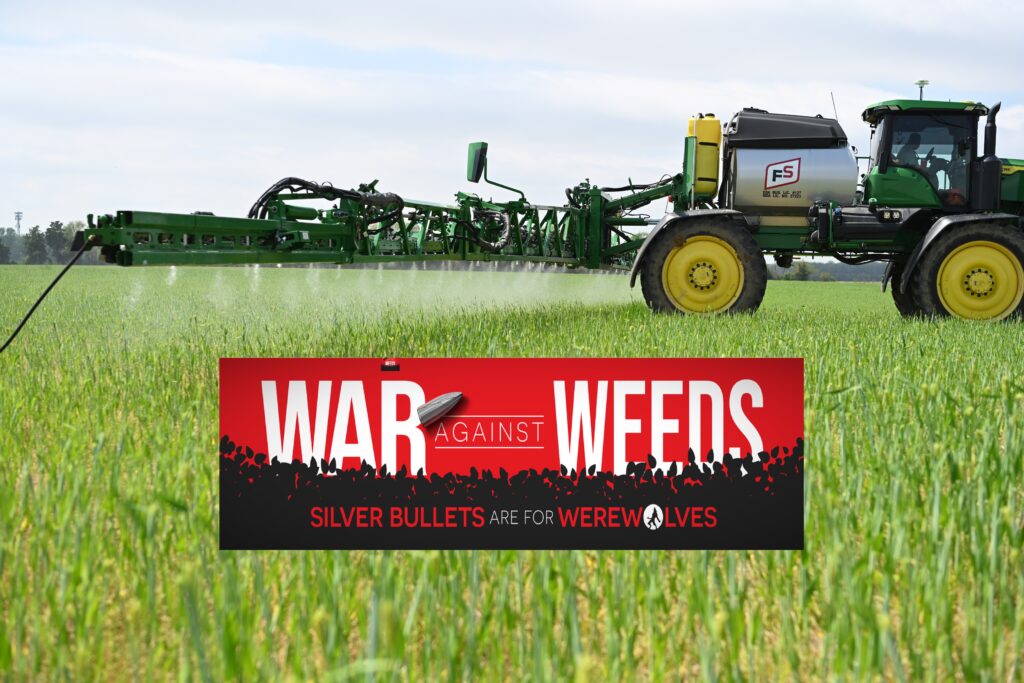
Listen In: What is Happening with the Endangered Species Act and Herbicide Labels?
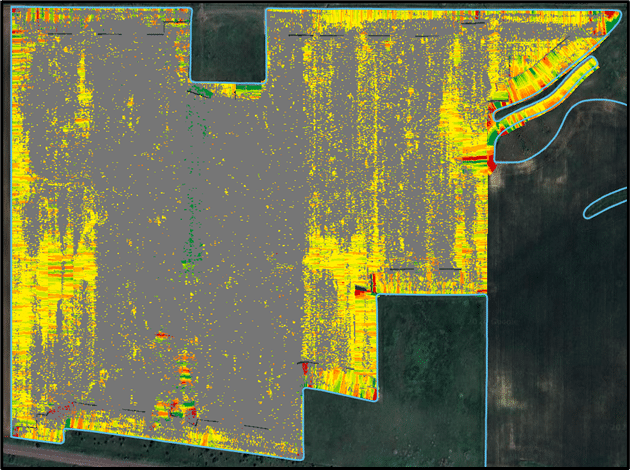
Herbicide Savings From Precision Spraying Technology
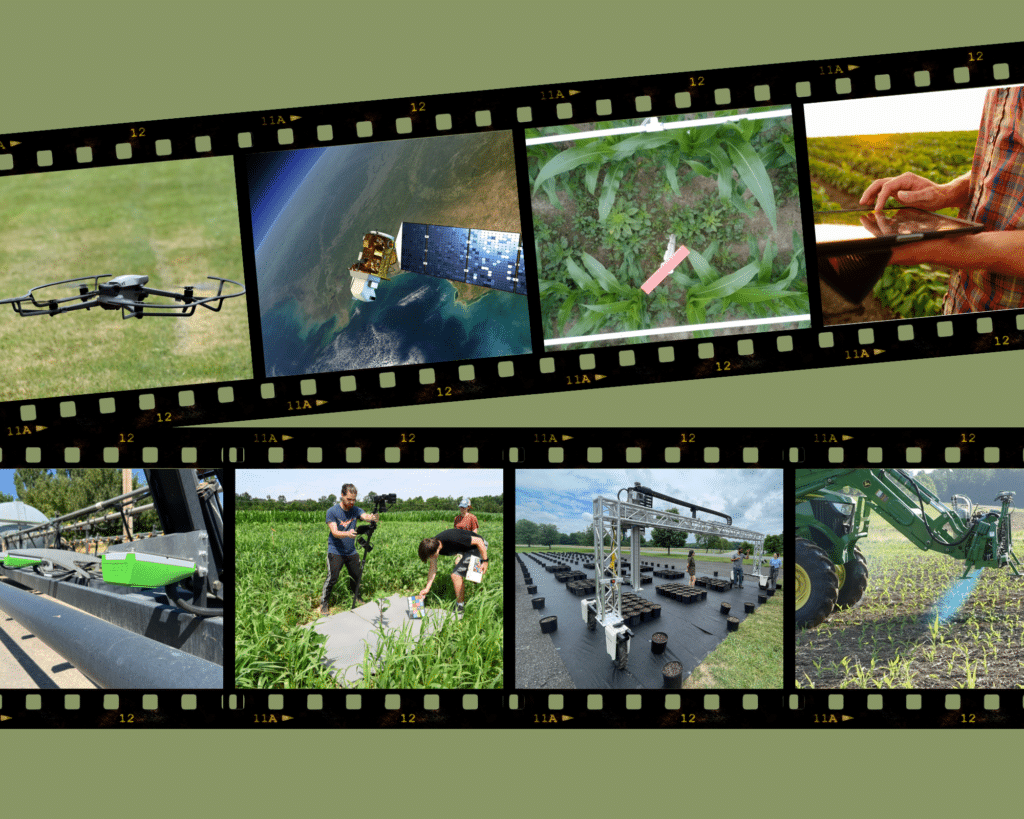
Eyes in the Sky and Eyes on the Ground: The Range of Camera-based Weed Detection
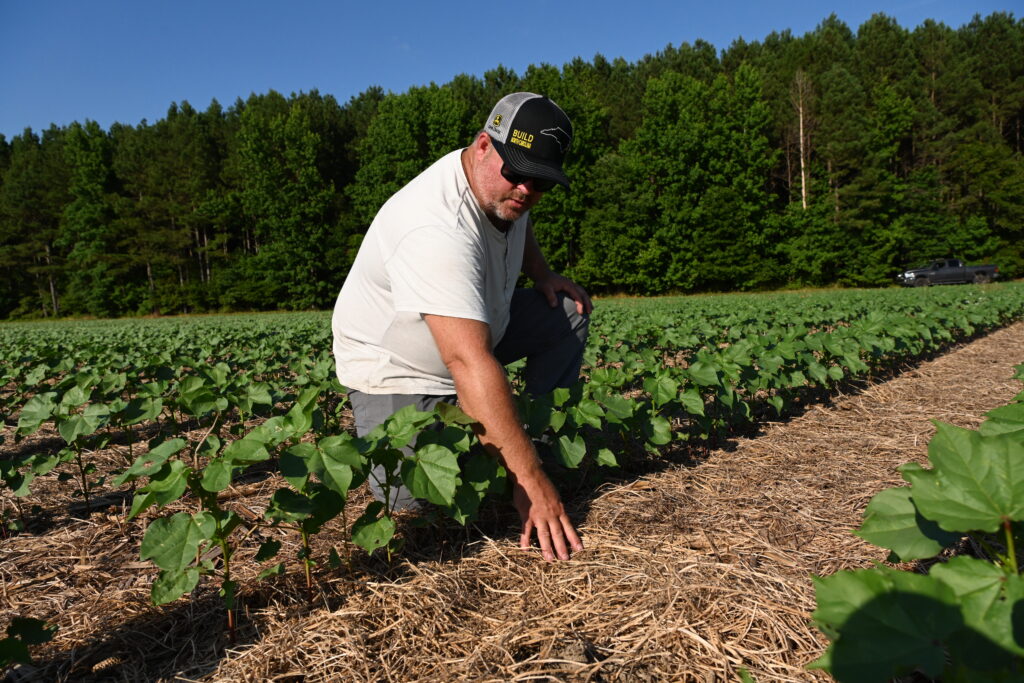
How to Manage Cover Crops in Cotton: A Virginia Farmer’s Experience
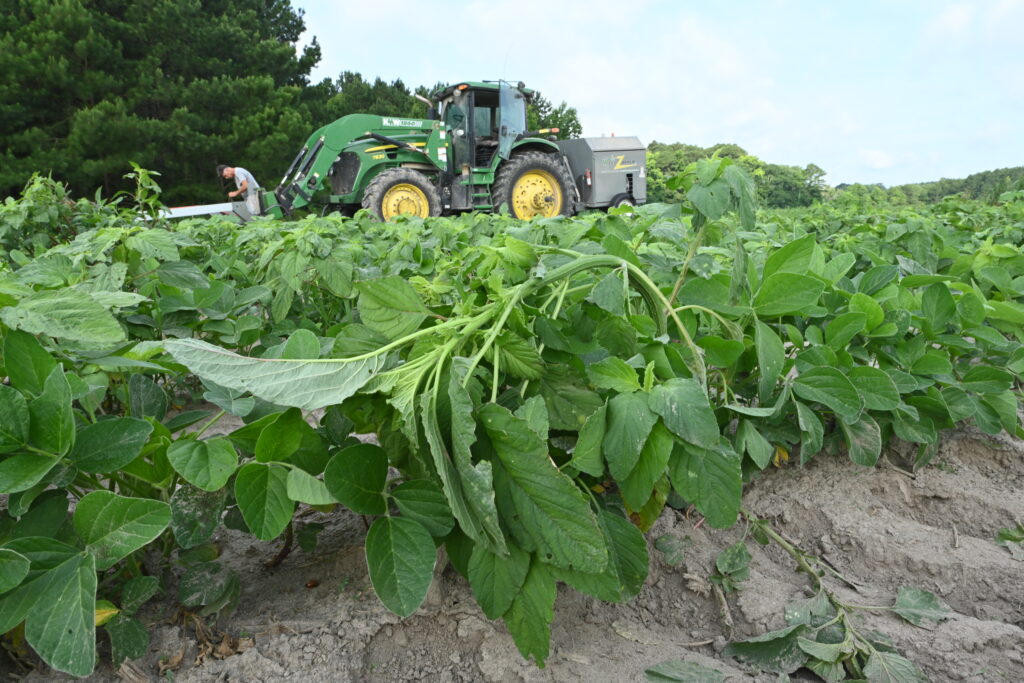
How Weed Electrocution Fits into a Maryland Farm
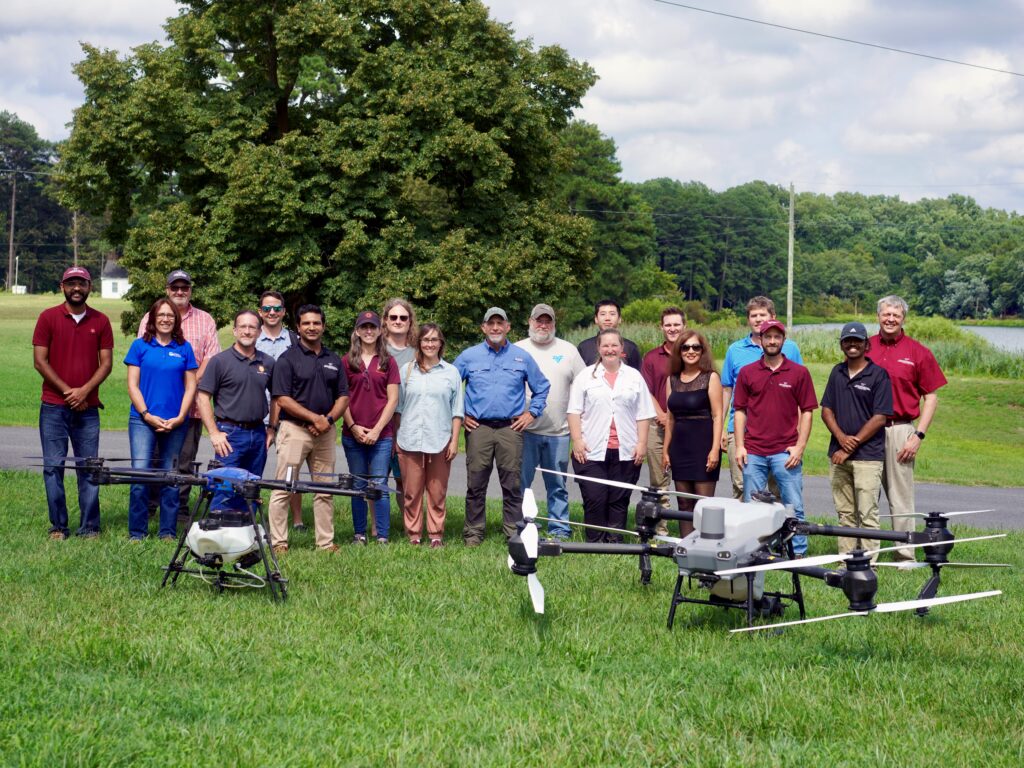
Spray Drone Research & Tech on Display at Mid-Atlantic Workshop

End of Life Planning for Cover Crops: Are You Prepared?

Tips for Getting Herbicides and Cover Crops to Cooperate

GROW Releases New Herbicide Resistance Resource for the Industry

How to Manage Cover Crops in Cotton: A Virginia Farmer’s Experience
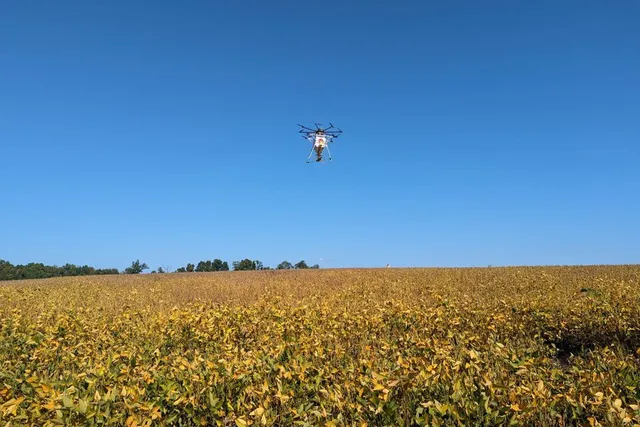
Drone Seeding Cover Crops into Standing Soybeans
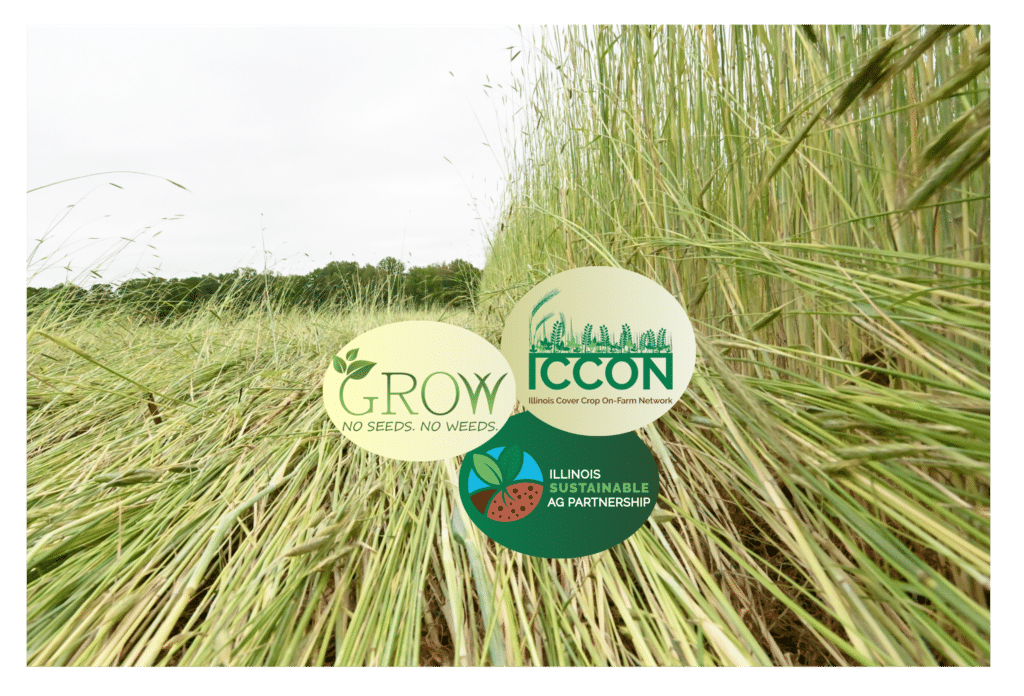
Catch Up On GROW’s Latest Cover Crop Research
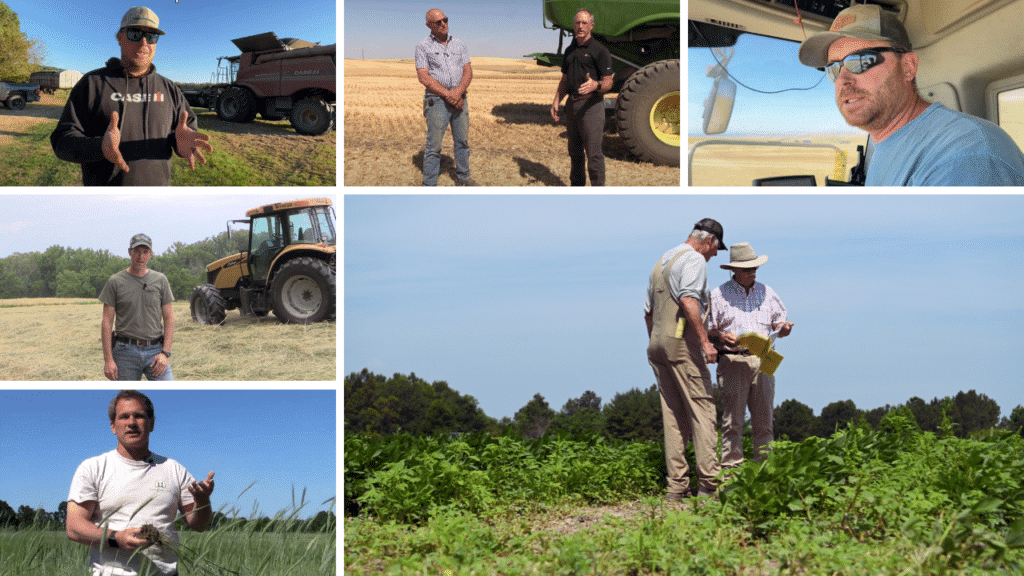
Learn from the Best: GROW Farmer Case Studies
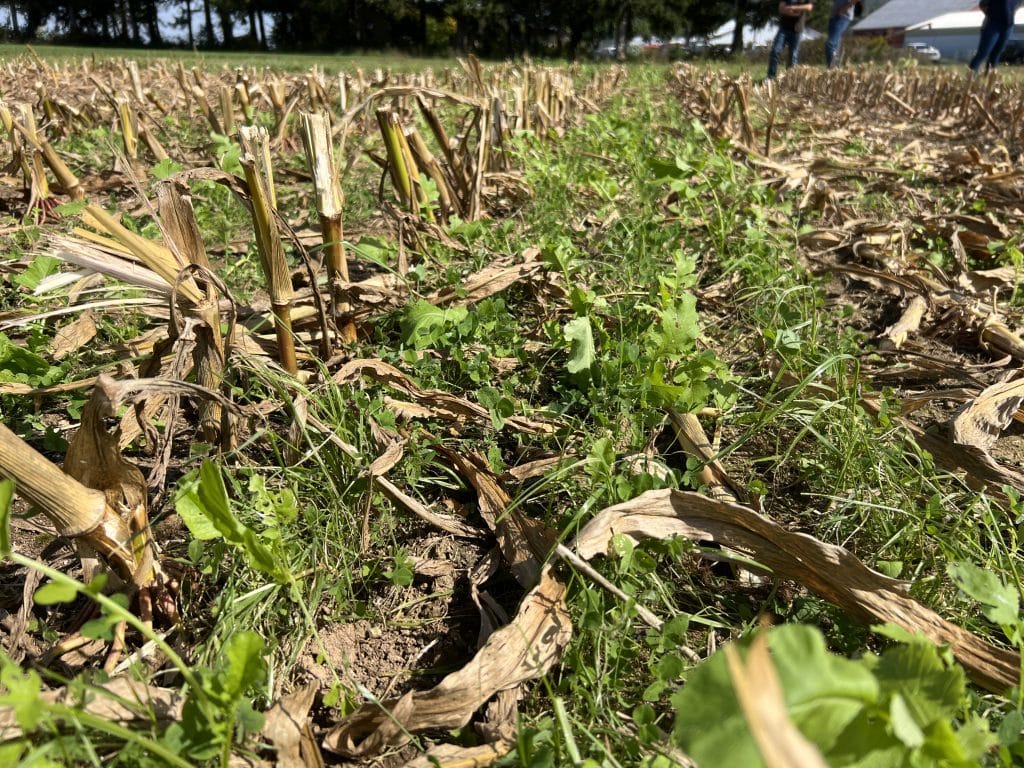
Study Shines Light on Drill-interseeded Cover Crops in Corn
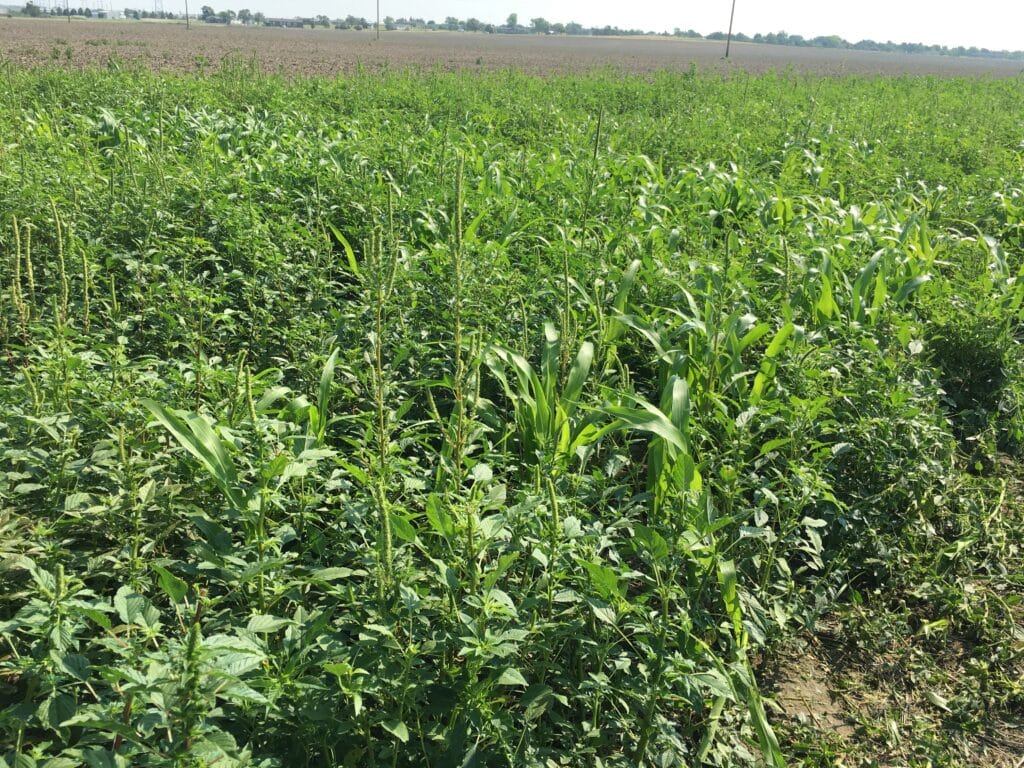
Cover Crops and Residual Herbicides Team Up Against Palmer Amaranth
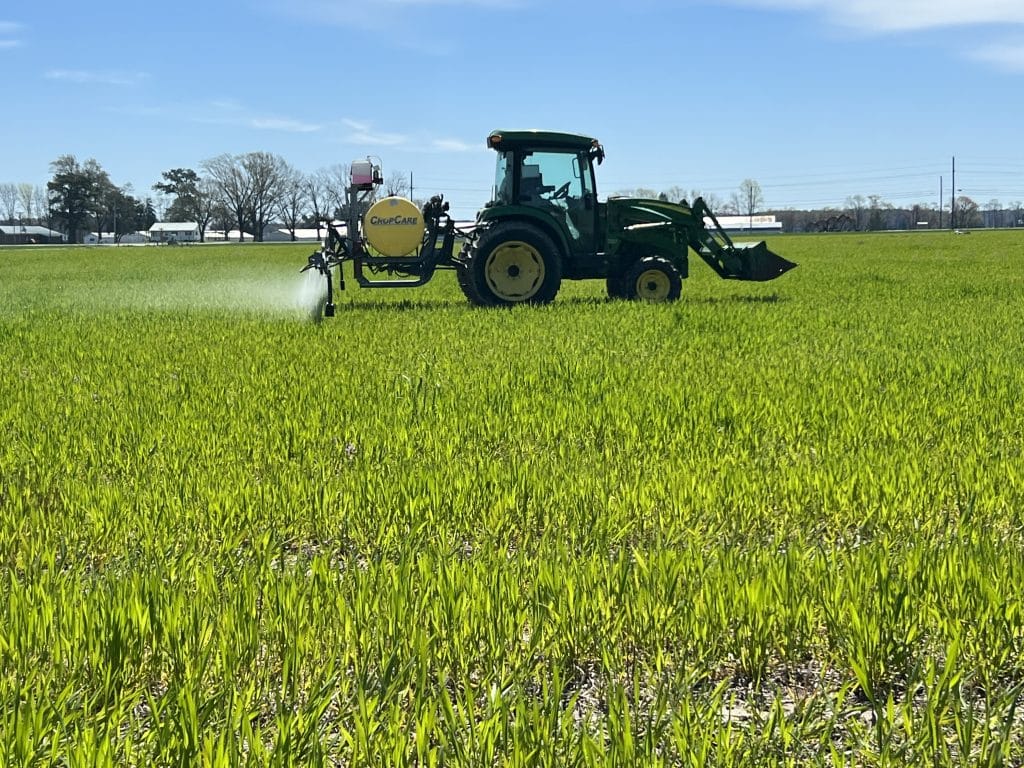
New Research on How to Apply Residual Herbicides When Planting Green
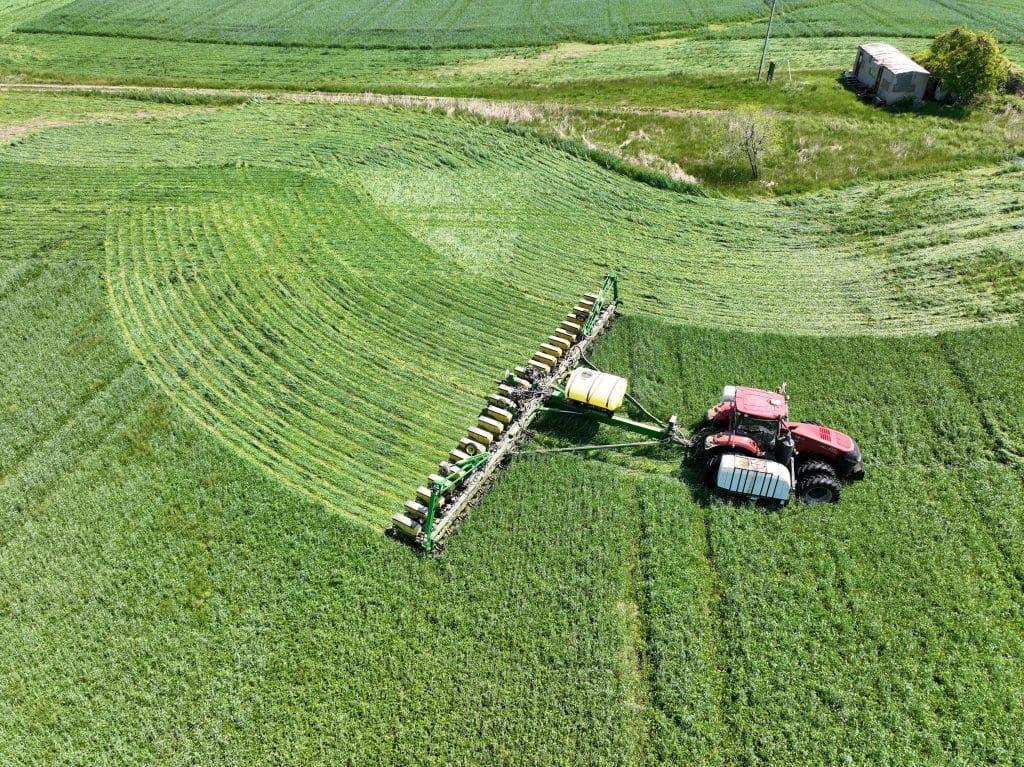
The Lowdown on Roller Crimpers
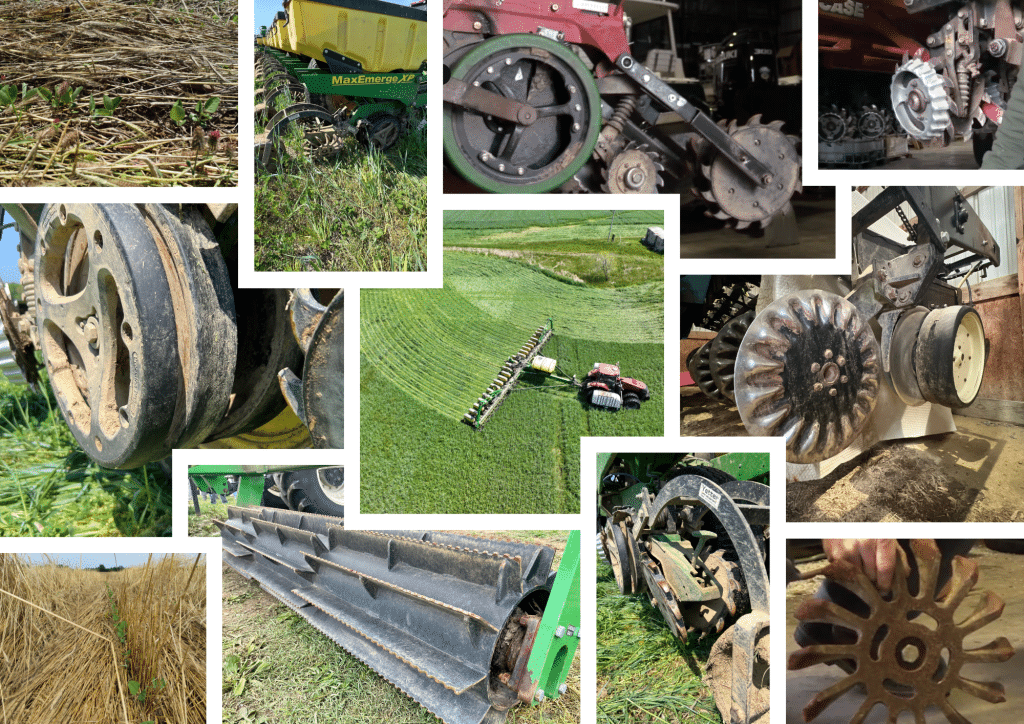
A Look at Planter Adjustments for Planting into Cover Crops

End of Life Planning for Cover Crops: Are You Prepared?

Tank Mixing or Herbicide Rotation: Which Strategy is Best?

Join a GROW Farmer Forum on Targeted Spray Technologies in the Field

Tips for Getting Herbicides and Cover Crops to Cooperate

GROW Releases New Herbicide Resistance Resource for the Industry

How to Manage Cover Crops in Cotton: A Virginia Farmer’s Experience
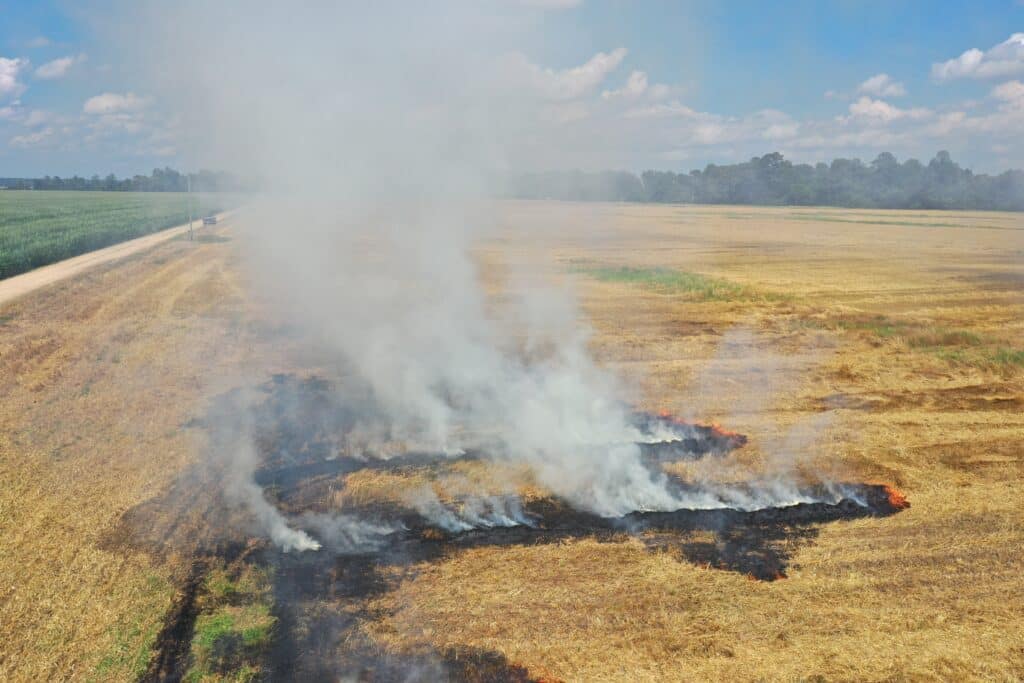
Narrow Windrow Burning for Weed Seed Control is Risky Business
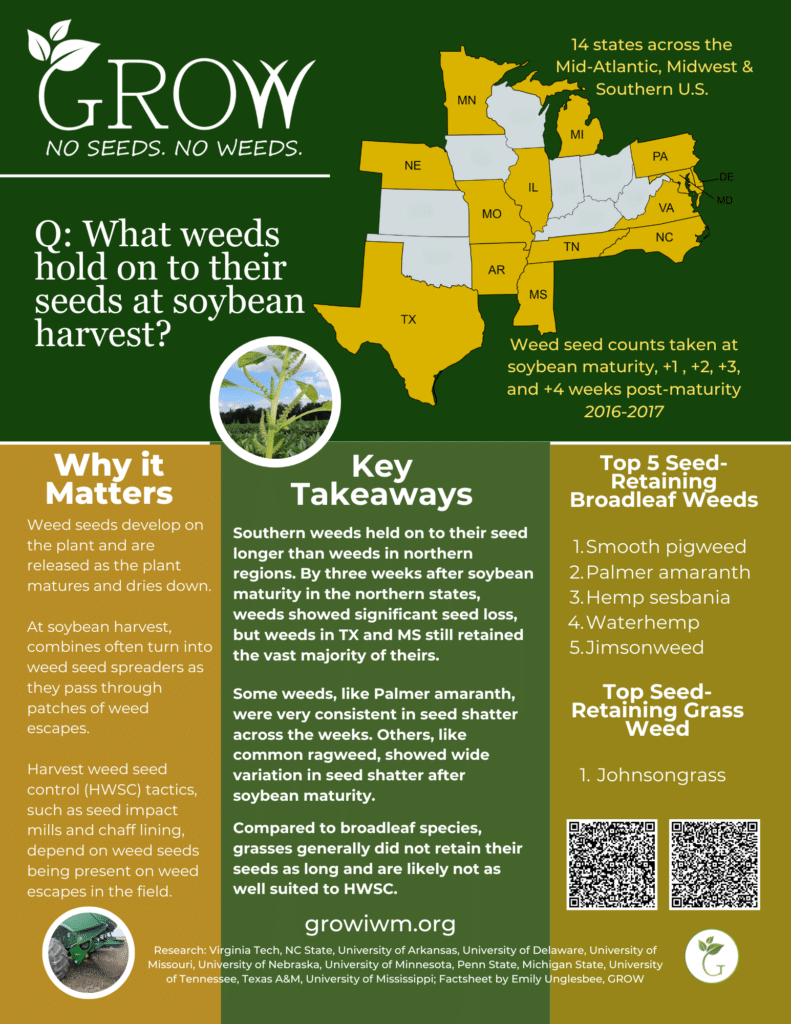
Learn When Weeds Shed Their Seeds (And Why It Matters!)

A Weed Seed Killing Machine: Testing the integrated Harrington Seed Destructor

Catch Up On GROW’s Latest Cover Crop Research

Bonus Newsletter for GROW Subscribers

Learn from the Best: GROW Farmer Case Studies

End of Life Planning for Cover Crops: Are You Prepared?

Tank Mixing or Herbicide Rotation: Which Strategy is Best?

Join a GROW Farmer Forum on Targeted Spray Technologies in the Field

What’s the Difference Between Target-Site & Non-Target-Site Herbicide Resistance?

GROW Releases New Herbicide Resistance Resource for the Industry

Listen In: What is Happening with the Endangered Species Act and Herbicide Labels?

Eyes in the Sky and Eyes on the Ground: The Range of Camera-based Weed Detection

How to Manage Cover Crops in Cotton: A Virginia Farmer’s Experience

How Weed Electrocution Fits into a Maryland Farm
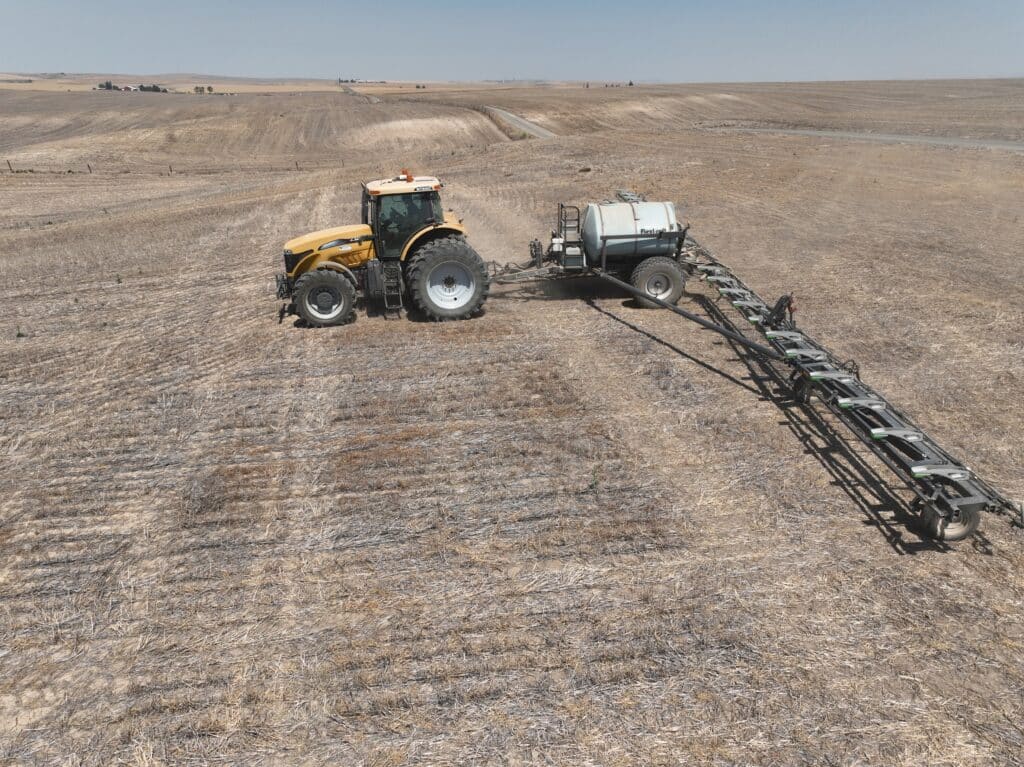
A Deep Dive on Precision Spraying with the WEED-IT

Learn When Weeds Shed Their Seeds (And Why It Matters!)

A Weed Seed Killing Machine: Testing the integrated Harrington Seed Destructor

GROW Releases New Herbicide Resistance Resource for the Industry

Narrow Windrow Burning for Weed Seed Control is Risky Business

Learn When Weeds Shed Their Seeds (And Why It Matters!)

A Weed Seed Killing Machine: Testing the integrated Harrington Seed Destructor

Learn from the Best: GROW Farmer Case Studies
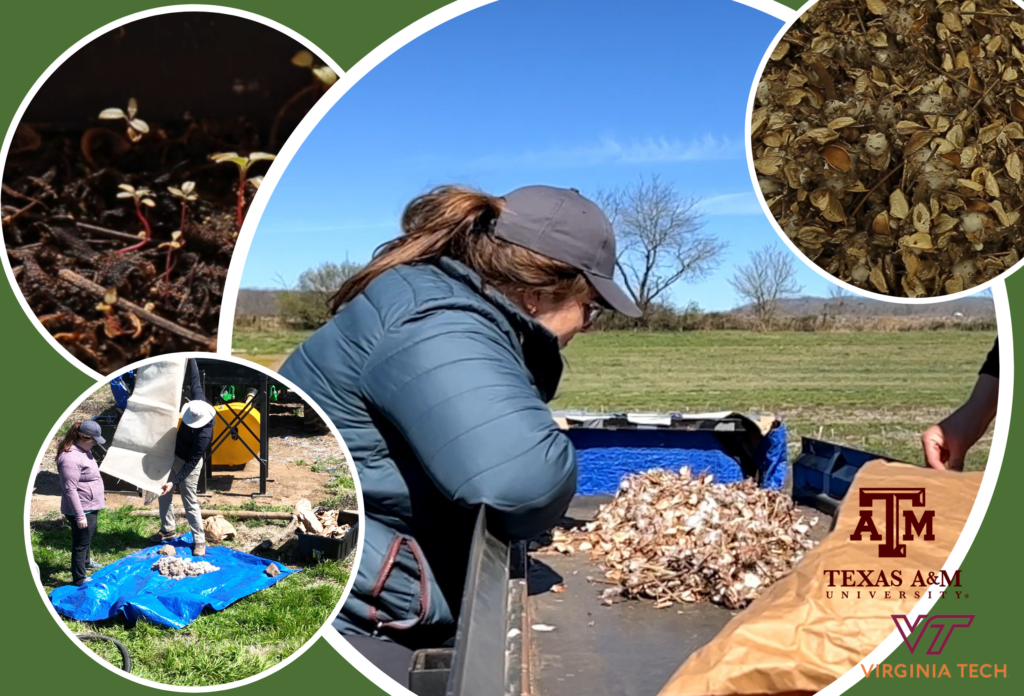
Can Seed Impact Mills Kill Weed Seeds in Cotton?
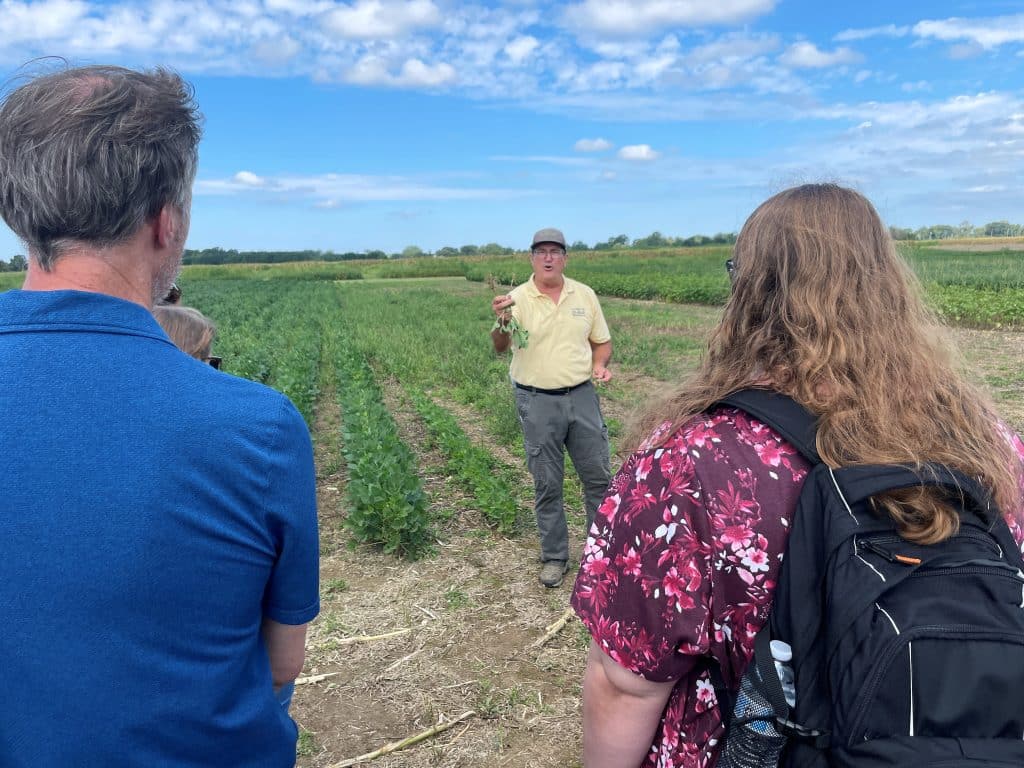
Weed Science Field Days: What’s In It For Me?
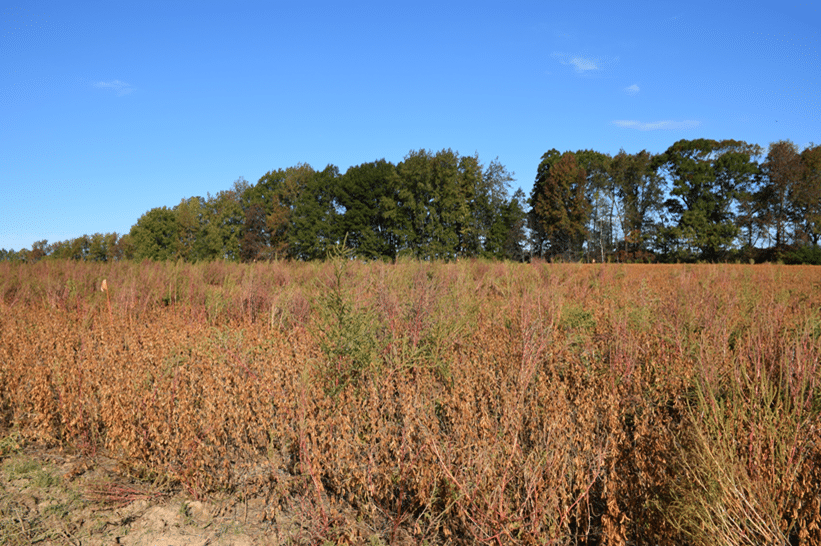
Can Weeds Adapt to Beat Harvest Weed Seed Control?
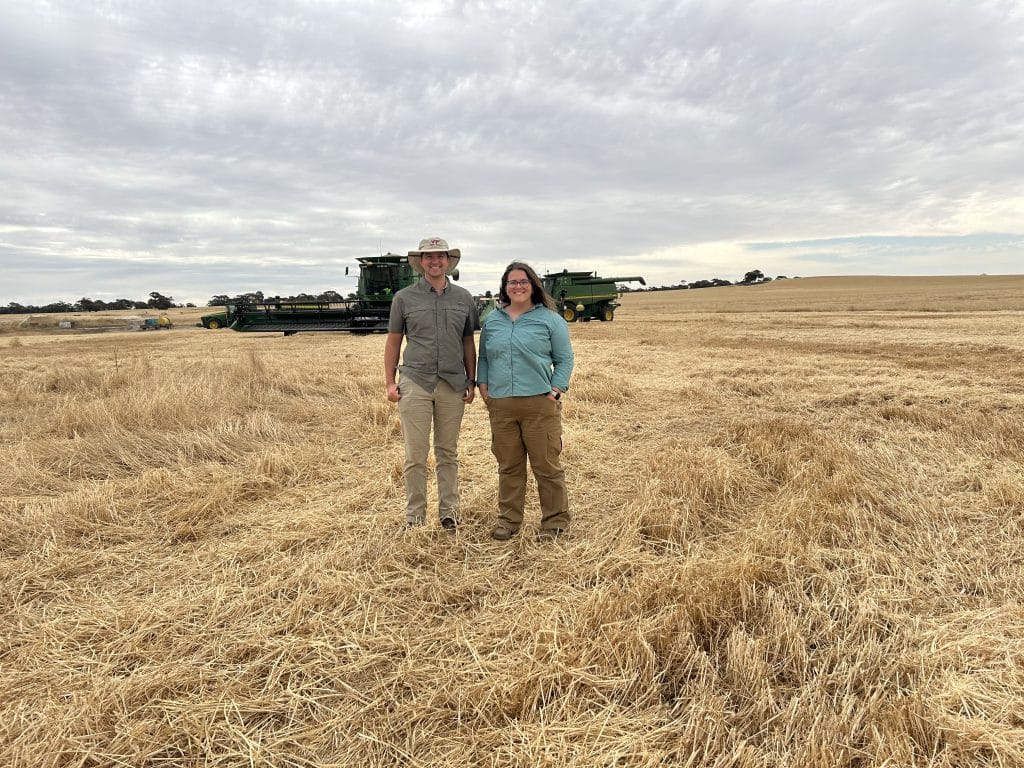
GROW Reports on New Harvest Weed Seed Control Research in Australia

Allow Us to Introduce Ourselves (Again!)
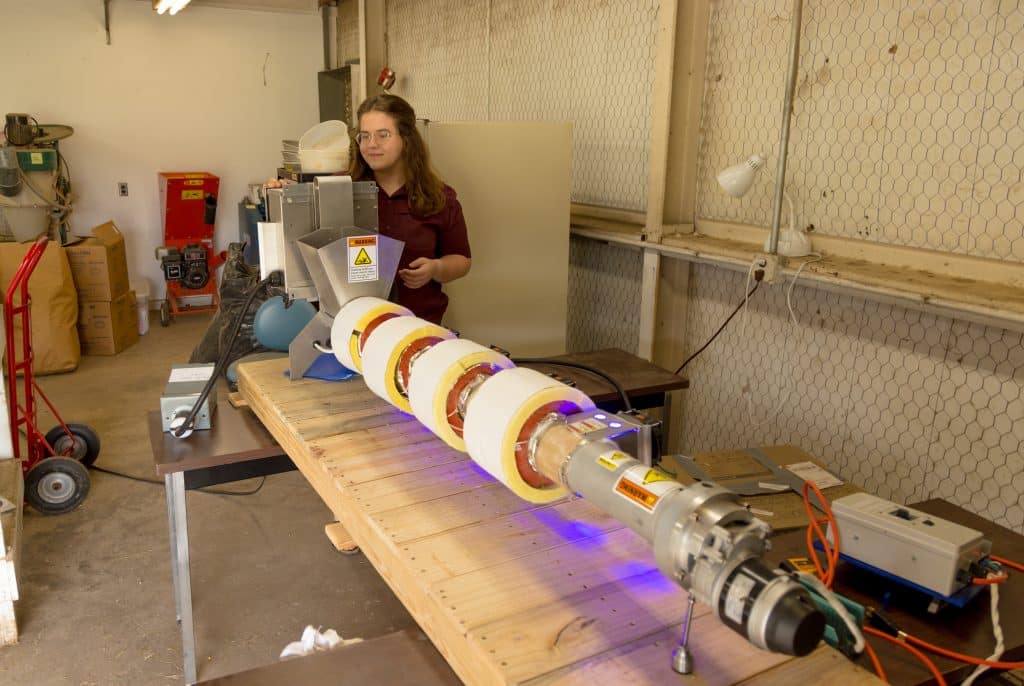
Evaluating a New Weed Killer: Blue Light and Heat
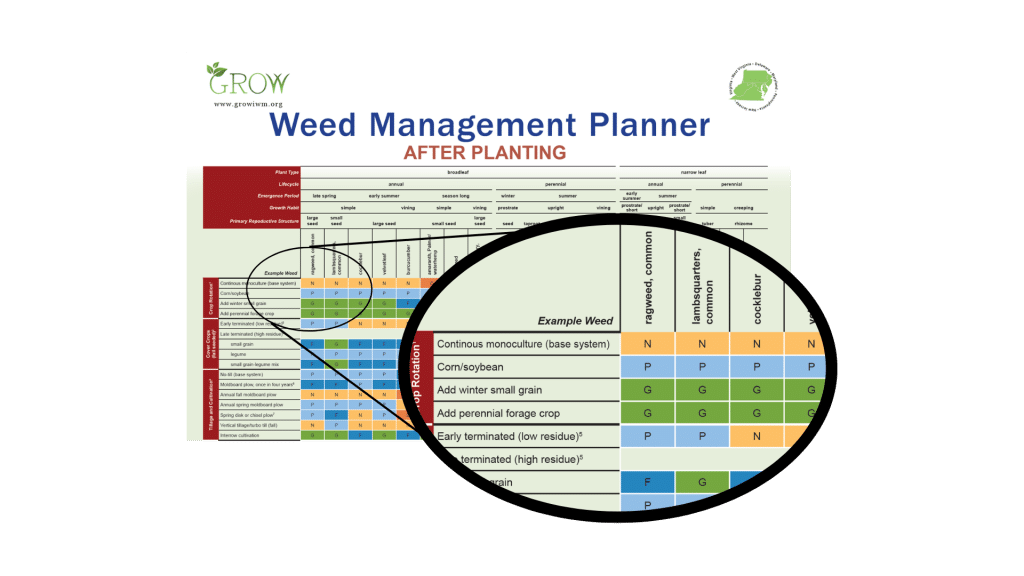
New Resource Alert: The Weed Management Planner
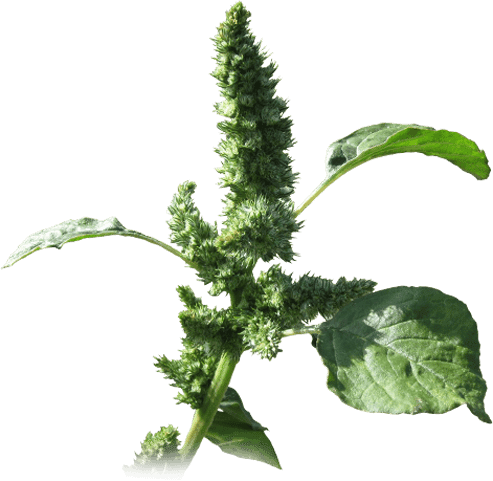
No Seeds. No Weeds.
For over 50 years, herbicides have been a highly effective method to control weeds and protect crop yields. Herbicides have supported the widespread use of no-till and limited cultivation for weed control, improving soil health. However, overreliance on a few key herbicides has prompted a growing epidemic of herbicide-resistant weeds.
For some farmers, herbicides alone just aren’t getting the job done anymore.
Integrated Weed Management (IWM) is the answer.
What is Integrated Weed Management?
Integrated weed management (IWM) is a system that layers multiple weed control methods to suppress and manage weeds across a growing season, by targeting weeds and the seedbank in different ways and at different stages of development. The result is a robust weed management program that doesn’t rely on a single mode of action or management tactic. IWM techniques include:
